Widening Countries Inspirational Stories
- Home
- Widening Countries Inspirational Stories
Postdoctoral Fellowships (PF) and Individual Fellowships (IF)
NEW Türkiye
“The key to success lies in proposing a
groundbreaking idea with a high risk/ high gain
profile.”
HAMP is the first wearable patch for out-of-hospital heart attack monitoring, integrating a microneedle biosensor for biomarker measurement and wireless data transmission to hospitals.
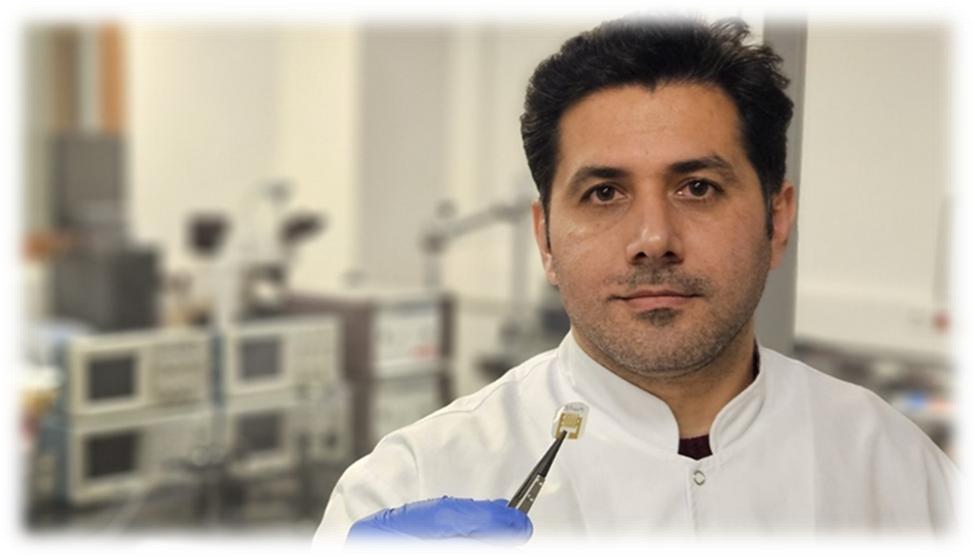
“The key to success lies in proposing a
groundbreaking idea with a high risk/ high gain
profile.”
HAMP is the first wearable patch for out-of-hospital heart attack monitoring, integrating a microneedle biosensor for biomarker measurement and wireless data transmission to hospitals.

NEW Hungary
“Pick a project that you deeply believe in!”
POC-TDM is a microfluidic device for monitoring drug levels in chemotherapy patients’ blood, creating personalized pharmacokinetic profiles to tailor treatment protocols.
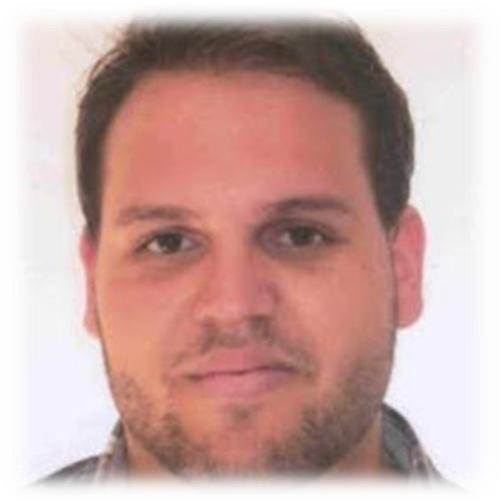
“Pick a project that you deeply believe in!”
POC-TDM is a microfluidic device for monitoring drug levels in chemotherapy patients’ blood, creating personalized pharmacokinetic profiles to tailor treatment protocols.

Greece
“Selecting a research topic that elicits genuine passion is the key moment of your MSCA application.”
OLIMED examines 19th-century olive oil factories in Crete, Mytilini, and Turkey, exploring their global economic integration beyond World Systems Theory.
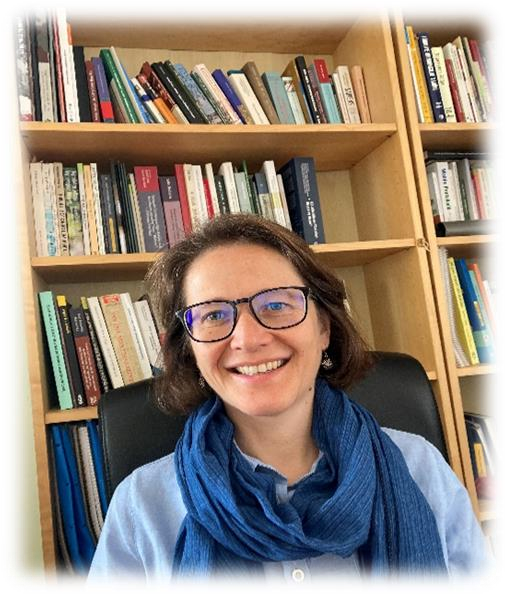
“Selecting a research topic that elicits genuine passion is the key moment of your MSCA application.”
OLIMED examines 19th-century olive oil factories in Crete, Mytilini, and Turkey, exploring their global economic integration beyond World Systems Theory.

Croatia
“Find a balance between novelty and practicality in your research project idea”
TRIPOLES investigates multipolar mitotic spindles in cancer cells, aiming to understand their role in genetic inheritance errors during cell division.
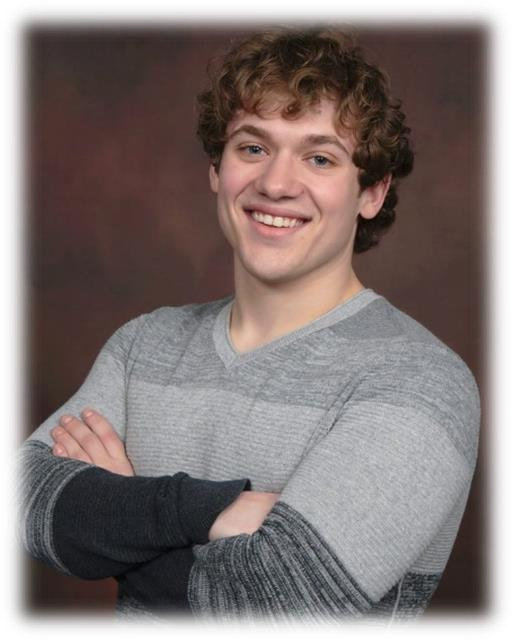
“Find a balance between novelty and practicality in your research project idea”
TRIPOLES investigates multipolar mitotic spindles in cancer cells, aiming to understand their role in genetic inheritance errors during cell division.

Czechia
“It is of utmost importance that the supervisor provides concrete support and that the administrative staff is competent.”
COCOS explores how biodiversity enhances ecosystems' resilience to extreme climate events, aiding the design of sustainable landscapes.
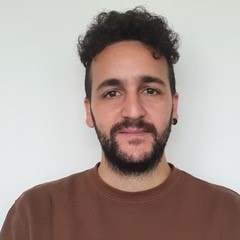
“It is of utmost importance that the supervisor provides concrete support and that the administrative staff is competent.”
COCOS explores how biodiversity enhances ecosystems' resilience to extreme climate events, aiding the design of sustainable landscapes.

Slovenia
“Start early both writing and actively communicating
with the host.”
The aim of SAAERO project was
understanding the mechanisms and
effects of the air pollution in Southeast
Europe.
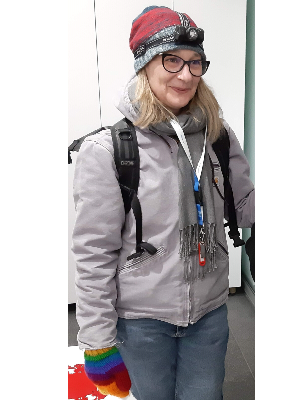
“Start early both writing and actively communicating
with the host.”
The aim of SAAERO project was
understanding the mechanisms and
effects of the air pollution in Southeast
Europe.

Slovenia
“Make sure to cover all chapters (from the template) clearly and concisely.”
The project proposes a hybrid bio-photo-electrochemical system to detritiate light water, enabling water reuse and hydrogen production, addressing the global challenge of tritium release.
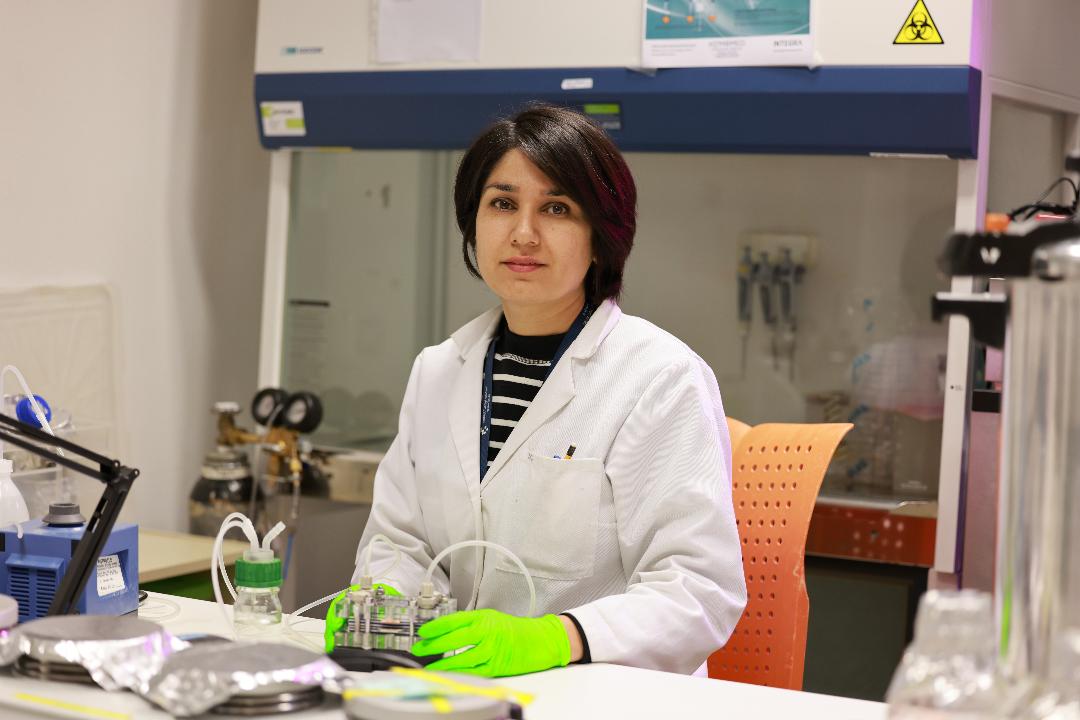
“Make sure to cover all chapters (from the template) clearly and concisely.”
The project proposes a hybrid bio-photo-electrochemical system to detritiate light water, enabling water reuse and hydrogen production, addressing the global challenge of tritium release.

Czechia
“Read the call carefully. Prepare your project well in advance.”
The project aims to develop a methodology linking artwork degradation to environmental conditions, improving the restrictive control of temperature and humidity in museums.
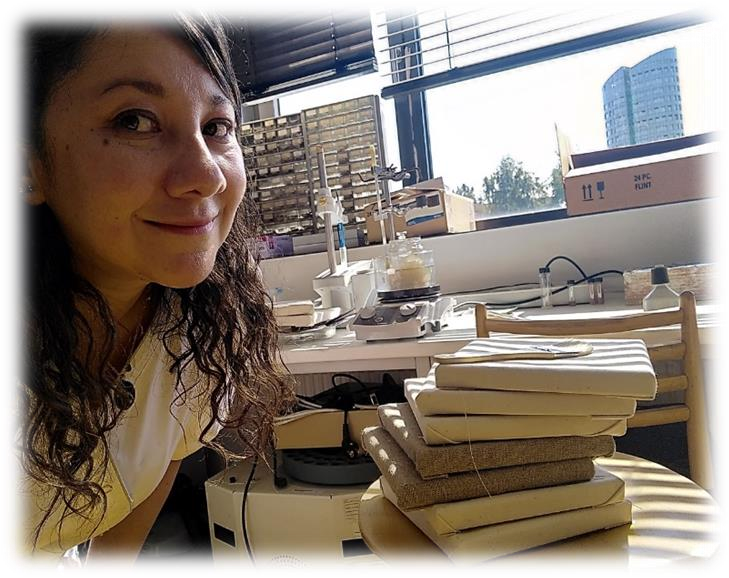
“Read the call carefully. Prepare your project well in advance.”
The project aims to develop a methodology linking artwork degradation to environmental conditions, improving the restrictive control of temperature and humidity in museums.

Czechia
“Connect with successful applicants for insights, and follow blogs or videos with application tips.”
MULTIPLE examines how media multitasking shapes online social behavior, revealing its impact on cognition and actions to improve digital and work practices.
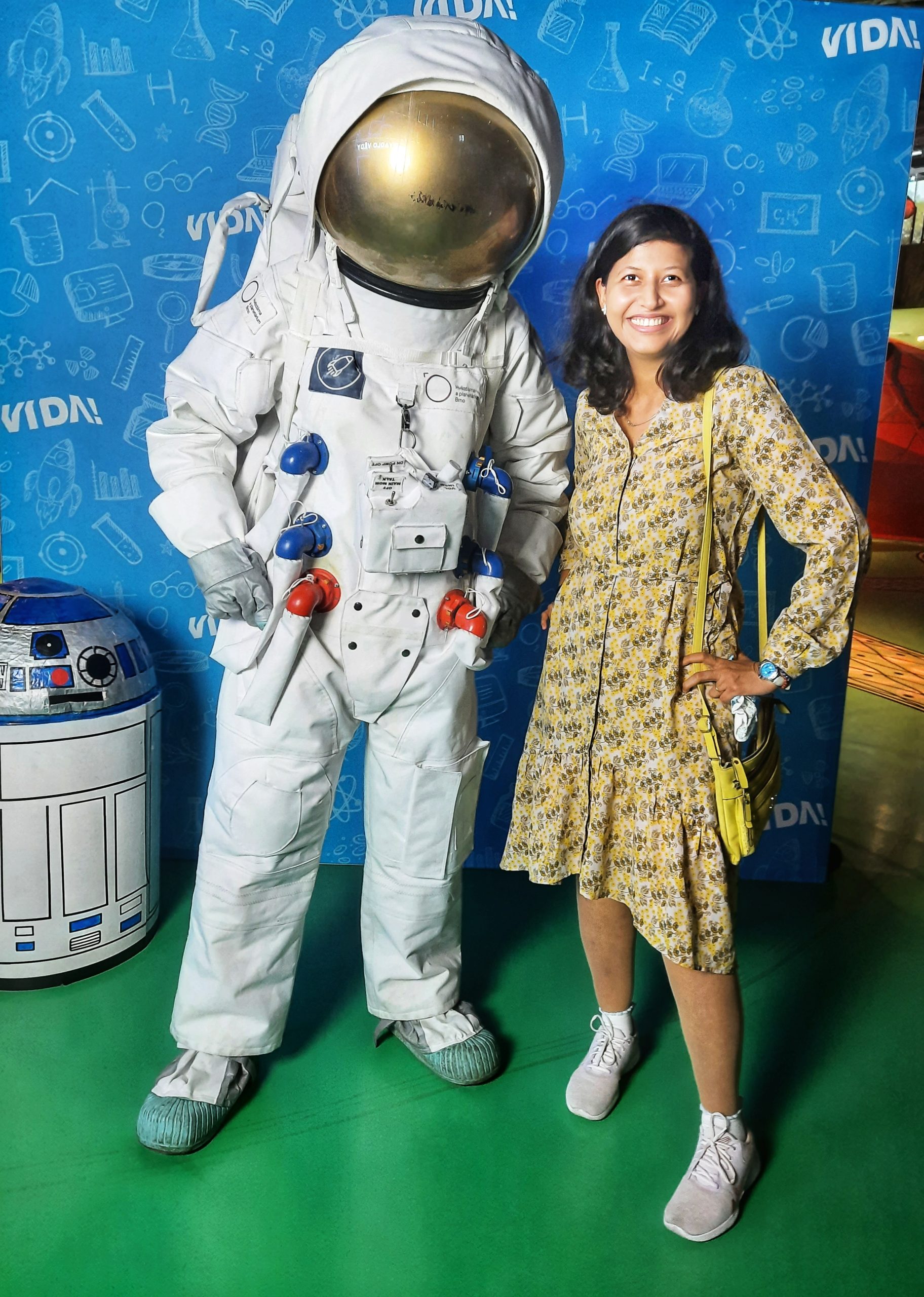
“Connect with successful applicants for insights, and follow blogs or videos with application tips.”
MULTIPLE examines how media multitasking shapes online social behavior, revealing its impact on cognition and actions to improve digital and work practices.

Bulgaria
“Do not give up and apply more than once if needed!”
GIANT uses the innovative concept of semi-internality to extract new information about long standing open problems in Number theory concerning solubility of systems of polynomial equations.
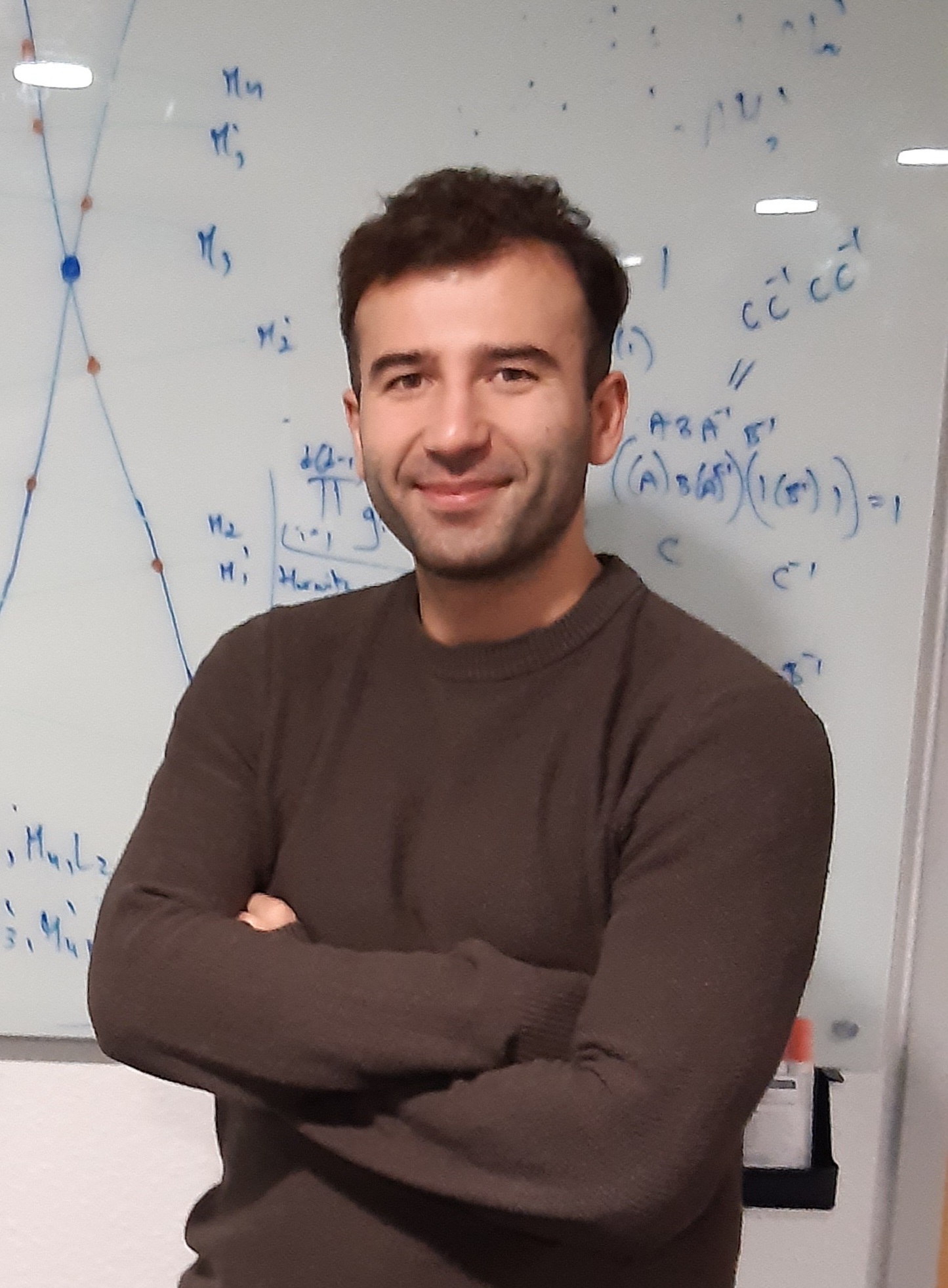
“Do not give up and apply more than once if needed!”
GIANT uses the innovative concept of semi-internality to extract new information about long standing open problems in Number theory concerning solubility of systems of polynomial equations.

Croatia
“Do not hesitate to ask for feedback from your NPCs or from former successful applicants you may know.”
AMPLIFI aims to create a database of angular momentum distributions in fission fragments, advancing nuclear theory through high-performance computing.
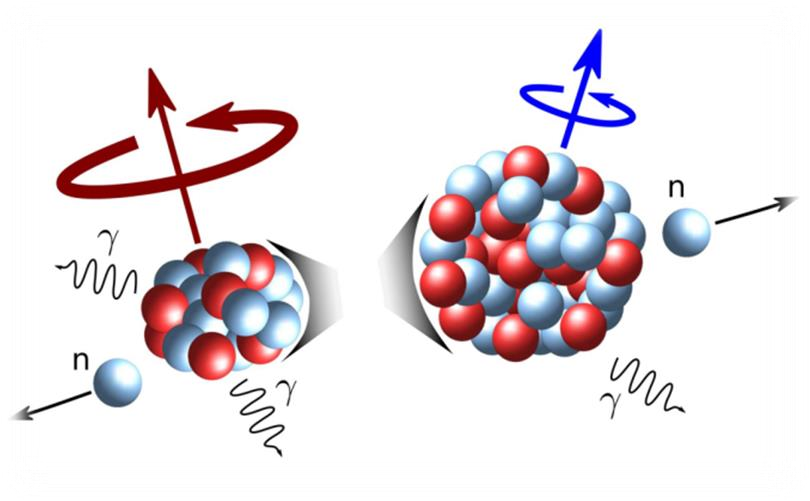
“Do not hesitate to ask for feedback from your NPCs or from former successful applicants you may know.”
AMPLIFI aims to create a database of angular momentum distributions in fission fragments, advancing nuclear theory through high-performance computing.

Turkey
“Luck plays a part but you also need to create your own luck by being proactive.”
Adam Bennett with the project DiBDEV aims to intercept molecular messages from the brain of
migraine patients to better understand the processes that occur during migraine.
“Luck plays a part but you also need to create your own luck by being proactive.”
Adam Bennett with the project DiBDEV aims to intercept molecular messages from the brain of
migraine patients to better understand the processes that occur during migraine.
Cyprus
“Clearly articulate your goals, expected outcomes,
and societal relevance.”
CancerCOtreat focuses on developing an in
silico systems biology approach to model
SARS-CoV-2 infection and drug actions in
cancer patients with COVID-19 and other
preconditions.
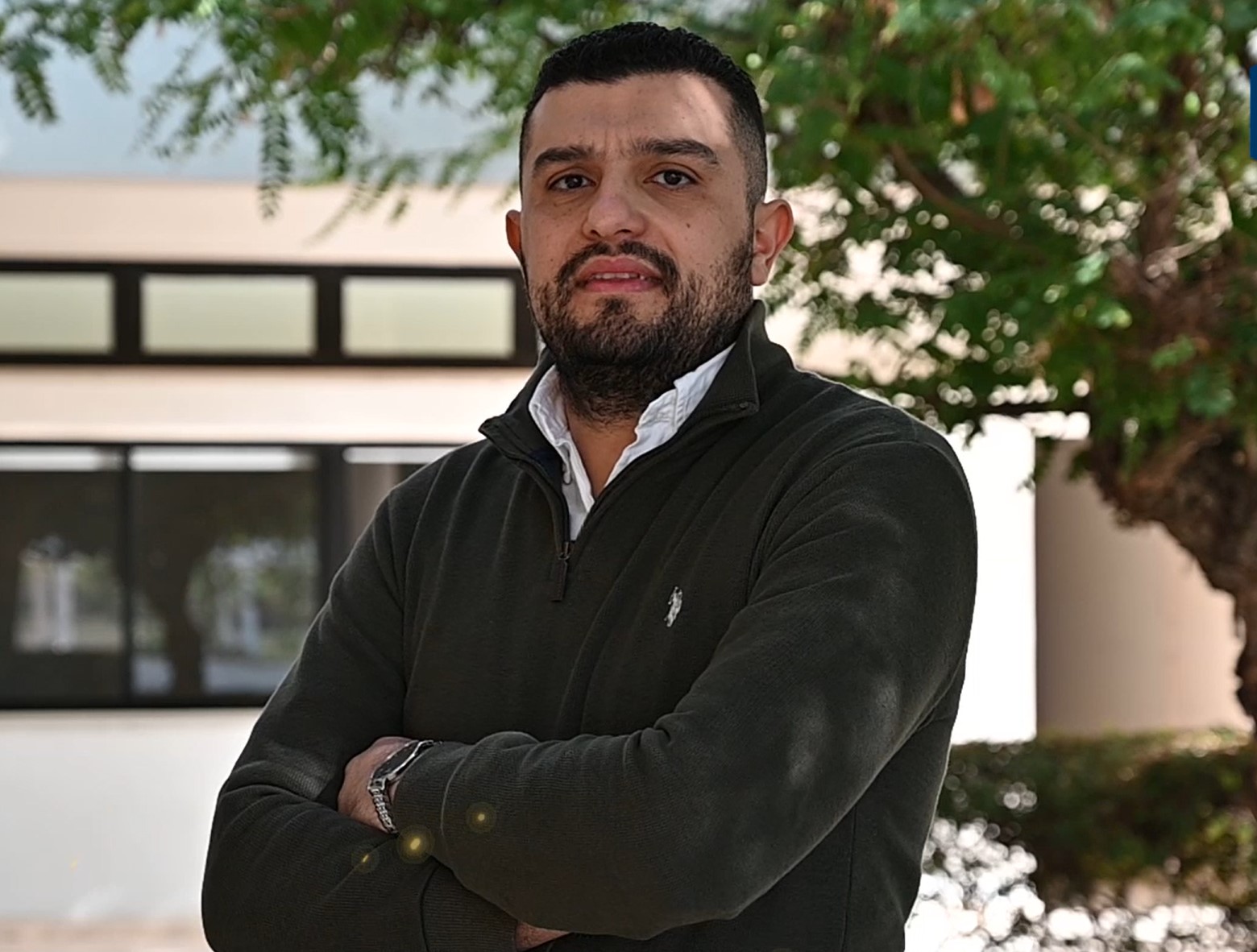
“Clearly articulate your goals, expected outcomes,
and societal relevance.”
CancerCOtreat focuses on developing an in
silico systems biology approach to model
SARS-CoV-2 infection and drug actions in
cancer patients with COVID-19 and other
preconditions.

Czech Republic
“The key to a successful application lies in crafting
an innovative and realistic research idea and pairing
it with a host that perfectly aligns with your vision.”
Microsupercapacitor develops flexible energy storage devices using functionalized graphene, integrated with bio-monitoring tools to track body pulses and temperature, advancing wearable health tech.

“The key to a successful application lies in crafting
an innovative and realistic research idea and pairing
it with a host that perfectly aligns with your vision.”
Microsupercapacitor develops flexible energy storage devices using functionalized graphene, integrated with bio-monitoring tools to track body pulses and temperature, advancing wearable health tech.

Greece
“Present clearly the state-of-the-art and what
research gaps your proposal will try to cover.”
The QuAre project aimed to use advanced knowledge technologies for automated decision-making and deeper engineering insights.
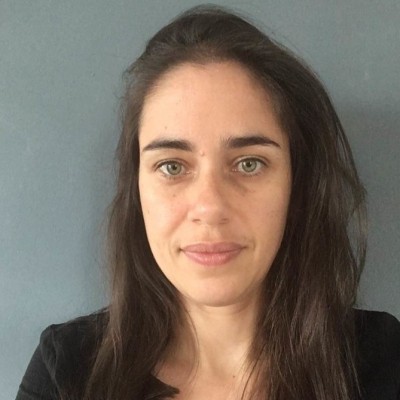
“Present clearly the state-of-the-art and what
research gaps your proposal will try to cover.”
The QuAre project aimed to use advanced knowledge technologies for automated decision-making and deeper engineering insights.

Greece
“Do not give up until you
succeed!”
THERMIC explores nanoscale energy in low-dimensional materials to create new electronic devices with emerging 2D semiconductors, using advanced fabrication techniques, and studying their thermal properties for potential use in future 3D electronics.
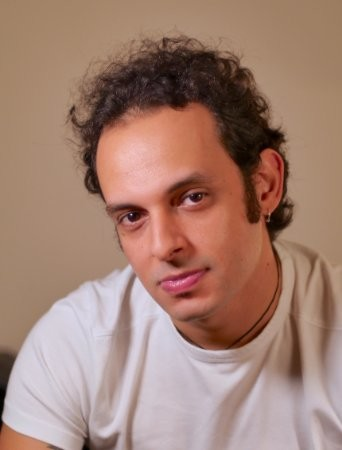
“Do not give up until you
succeed!”
THERMIC explores nanoscale energy in low-dimensional materials to create new electronic devices with emerging 2D semiconductors, using advanced fabrication techniques, and studying their thermal properties for potential use in future 3D electronics.

Greece
“Allocate at least five months for preparing your
proposal.”
AI2AM developed a digital method merging topology optimization and computational physics for designing
optimal components of increased strength
with significant reductions in material
usage.
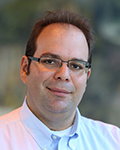
“Allocate at least five months for preparing your
proposal.”
AI2AM developed a digital method merging topology optimization and computational physics for designing
optimal components of increased strength
with significant reductions in material
usage.

Croatia
“Choose an invested and engaged mentor!”
In the Cocco-Next project, is assessed the growth and photosynthetic capacities of both life cycle phases to investigate if and how metabolism relates to their ecological segregation.
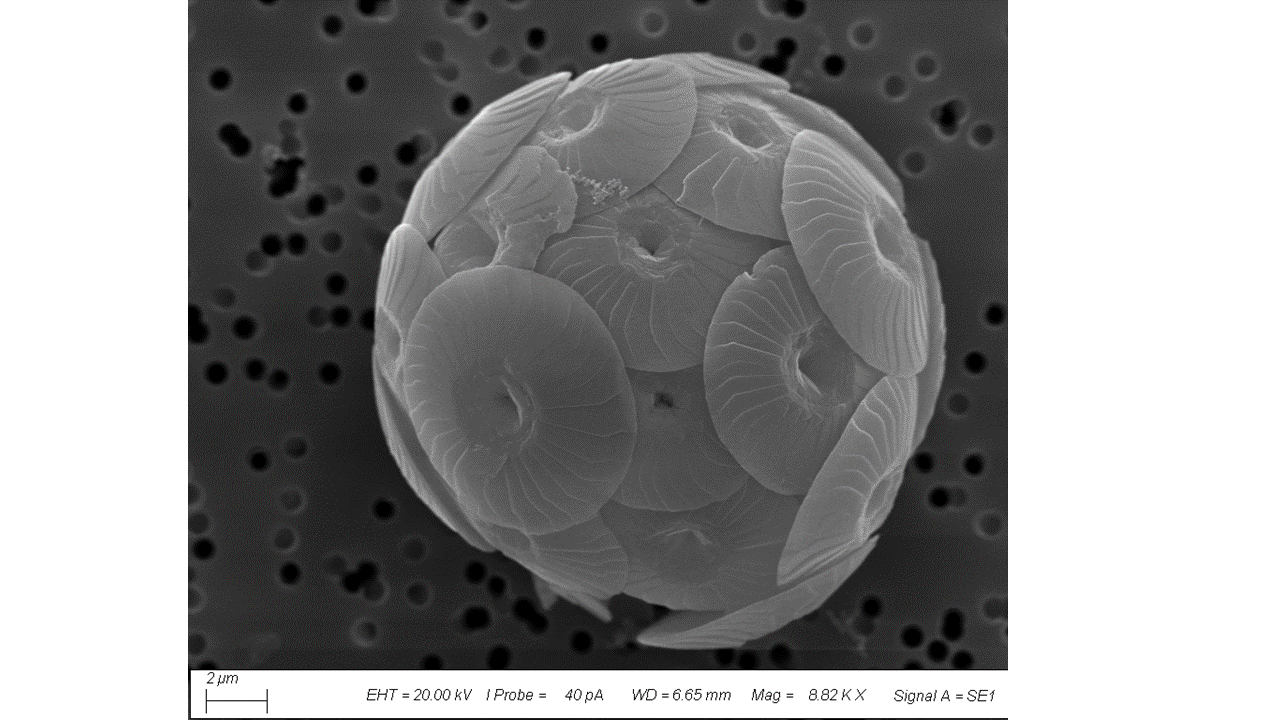
“Choose an invested and engaged mentor!”
In the Cocco-Next project, is assessed the growth and photosynthetic capacities of both life cycle phases to investigate if and how metabolism relates to their ecological segregation.

Romania
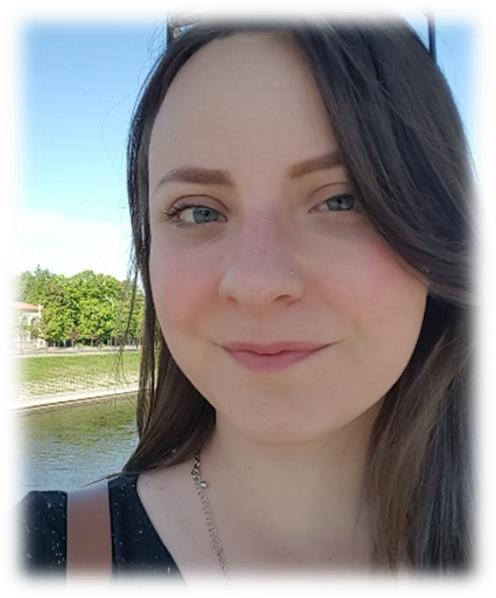
“It is crucial for postdoctoral fellows to explore interdisciplinarity to go beyond the state-of-the-art of current research.”
PADMME addresses the construction of paper-based multiplexed electroanalytical platforms aiming to characterise proteasome overexpression and unimpaired activity in multiple myeloma (MM) care.
Slovakia
“Be very specific; if your NCP offers any help, use
their services.”
The PREGNANCYBENEFIT project evaluates policies to combat demographic decline and improve disadvantaged babies' health through pregnancy financial support.
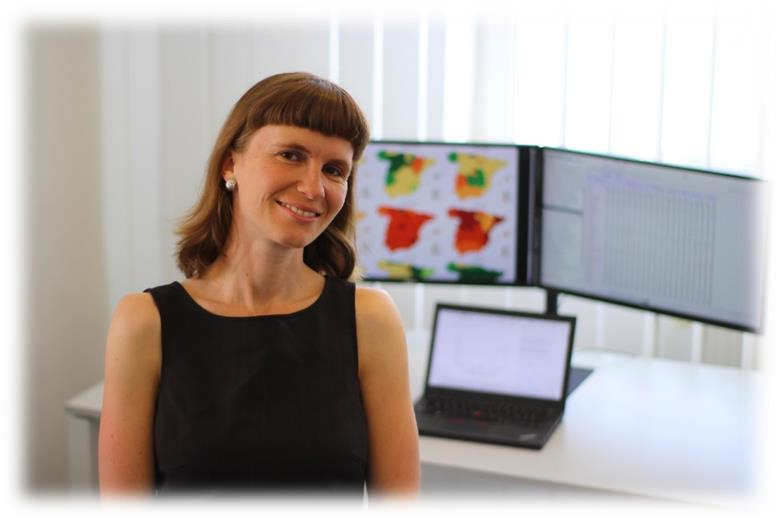
“Be very specific; if your NCP offers any help, use
their services.”
The PREGNANCYBENEFIT project evaluates policies to combat demographic decline and improve disadvantaged babies' health through pregnancy financial support.

Cyprus
“Choose the right supervisor, preferably someone
you have collaborated with in the past.”
RECONSTRUCT develops a computational method to reconstruct the geometry of fragmented human long bones, providing insights into the individual and their population.
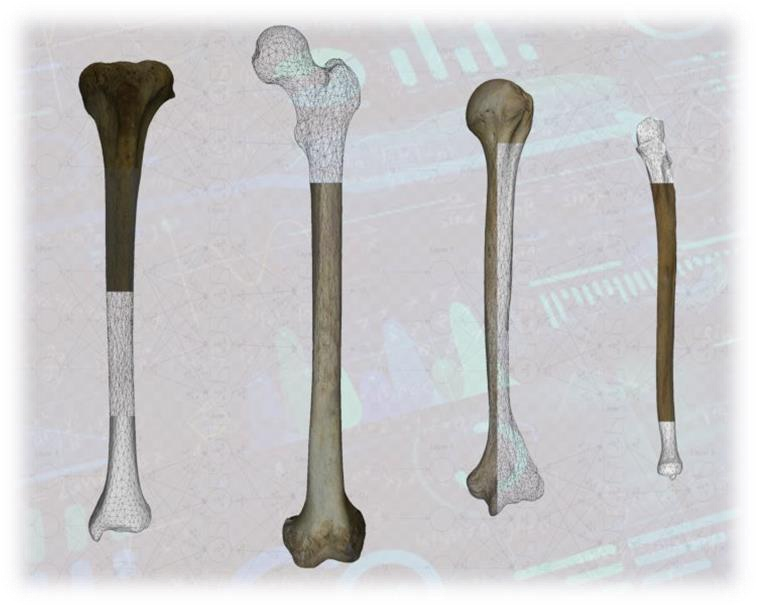
“Choose the right supervisor, preferably someone
you have collaborated with in the past.”
RECONSTRUCT develops a computational method to reconstruct the geometry of fragmented human long bones, providing insights into the individual and their population.

Cyprus
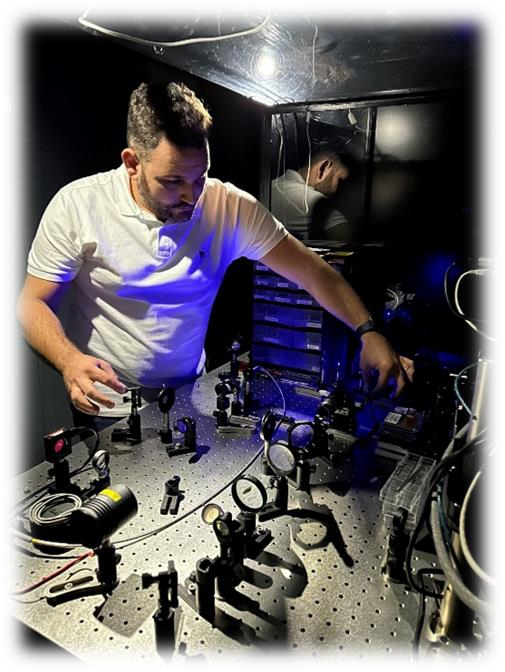
“If you fail the first time, do not get discouraged; failure is a part of success - try again!”
The SYZEFXIS project aims to study how organic semiconducting materials, namely materials rich in carbon and hydrogen atoms, could become more photo[1]stable when they strongly interact with light.
Latvia
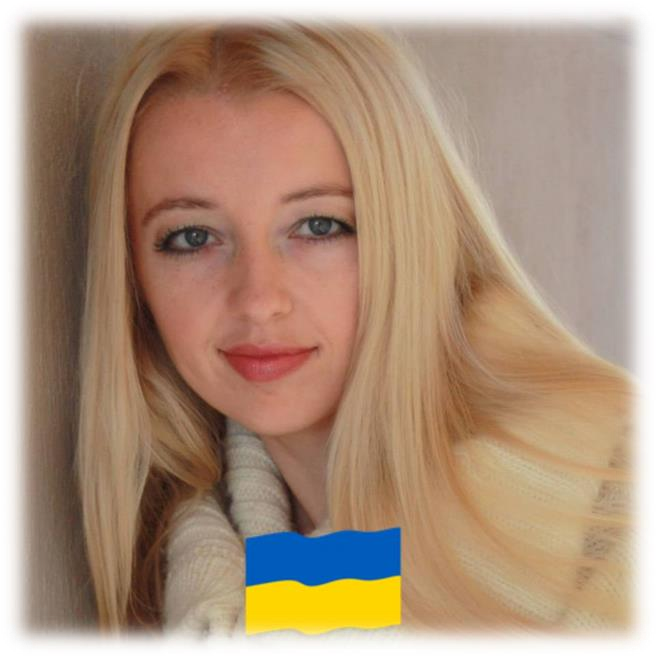
“Find an experienced supervisor involved in several European projects.”
RegrOssBio aims to develop injectable composite material with antibacterial and bone regenerative properties for local PI treatment, and to introduce it into the dental market.
Slovakia
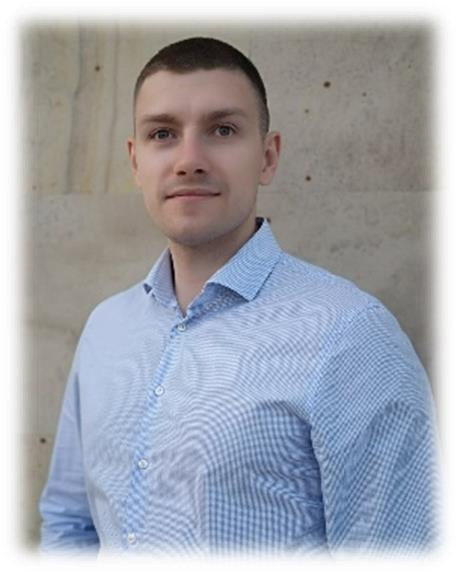
“You can always address your questions to the National Contact Point.”
The PlaTechMedi project aims to gain in depth insights into the plasma treatment of polymer medical tubes, specifically catheters, using a technique called Surface Dielectric Barrier Discharge with liquid electrodes.
Slovakia
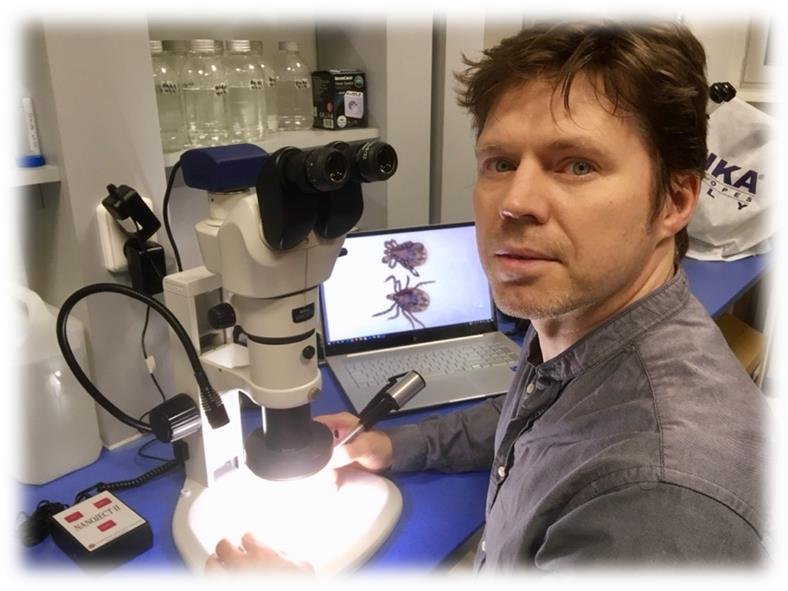
“The key element to my successful proposal was the mentoring programme provided by the NCP.”
The TVISTOFF projects aims to set out to develop tools and models that could be useful for the scientific community and applicable to other tick species and viral pathogens.
Cyprus
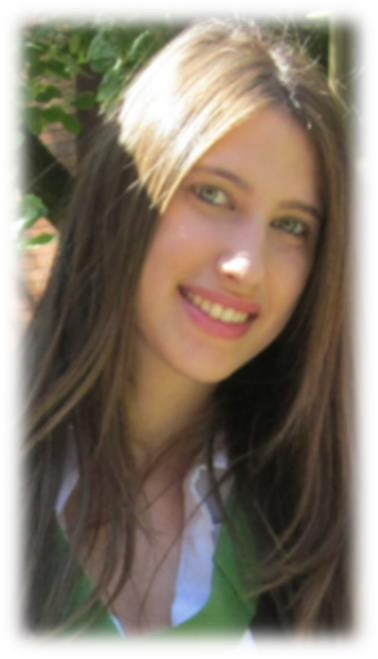
“Balancing ambition with realistic goal-setting is essential for success.”
The InSilicoPlacenta project aims to develop a novel computer-based framework, that will provide a comprehensive understanding of the structural and functional placental abnormalities associated with FGR.
Cyprus
“Remember that you are not working on a scientific paper to be submitted to an academic journal.”
GlaSpeRG is an analytical study of one of the most spectacular groups of Roman cultural performance, namely the gladiatorial games, beast-fights and other associated spectacles, in the Eastern Mediterranean. Lithuania
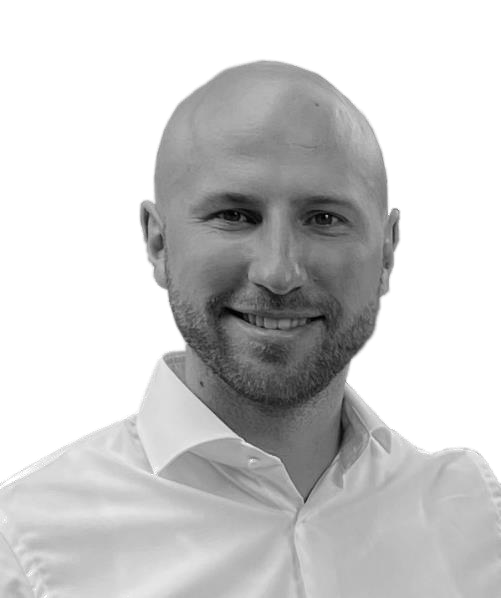
“The most important aspect of a successful application is to be on the same page with your future supervisor at the host institution.”
Simonas Juzenas, through the project "droplet-small-seq," aims to develop a high-throughput, cost-efficient, and user-friendly single-cell RNA-seq technology.
Slovenia
“Do not be afraid to ask for help. Contact your NCP
for support and important information.”
The MSCA project “QMatCh” has as its goal the synthesis and crystal growth of quantum materials and the investigation of their structure and magnetic properties under extreme conditions.
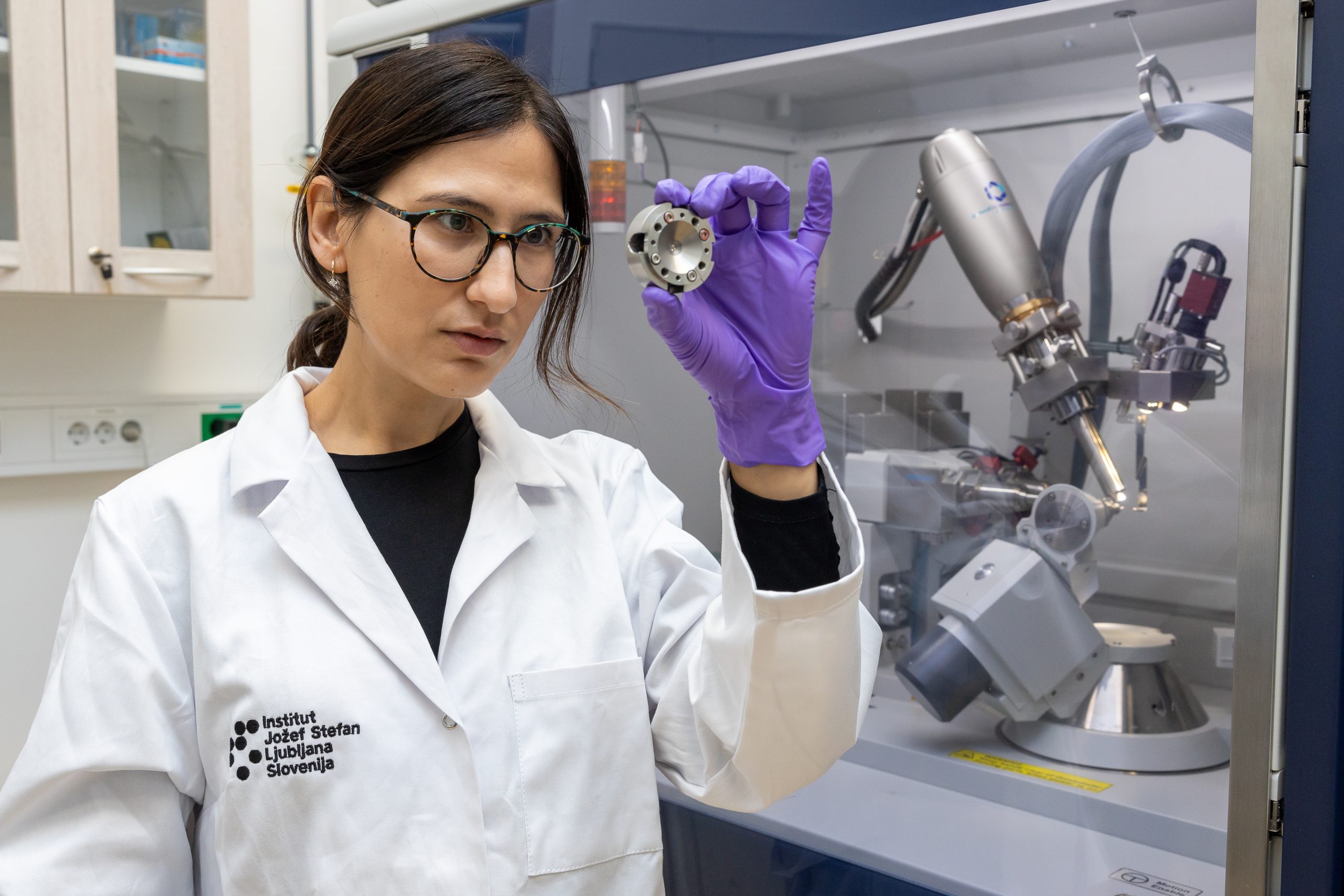
“Do not be afraid to ask for help. Contact your NCP
for support and important information.”
The MSCA project “QMatCh” has as its goal the synthesis and crystal growth of quantum materials and the investigation of their structure and magnetic properties under extreme conditions.

Slovakia
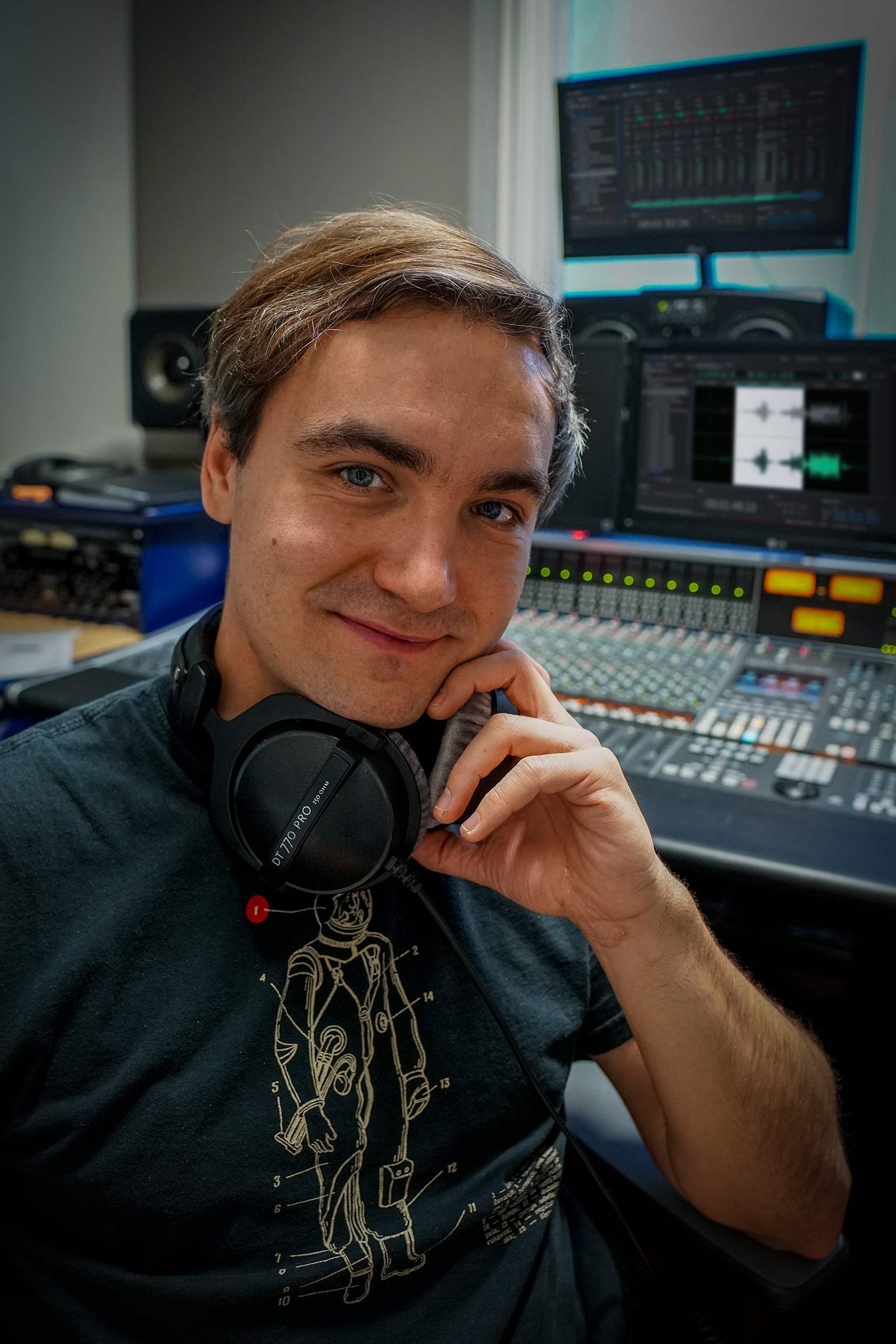
“Develop a strong, well-argued proposal that you are genuinely passionate about”.
The RomChords project investigates the phenomenon of Romani chords, an exceptional yet unexamined means of harmonic accompaniment used by Romani musicians in Slovakia.
Slovenia
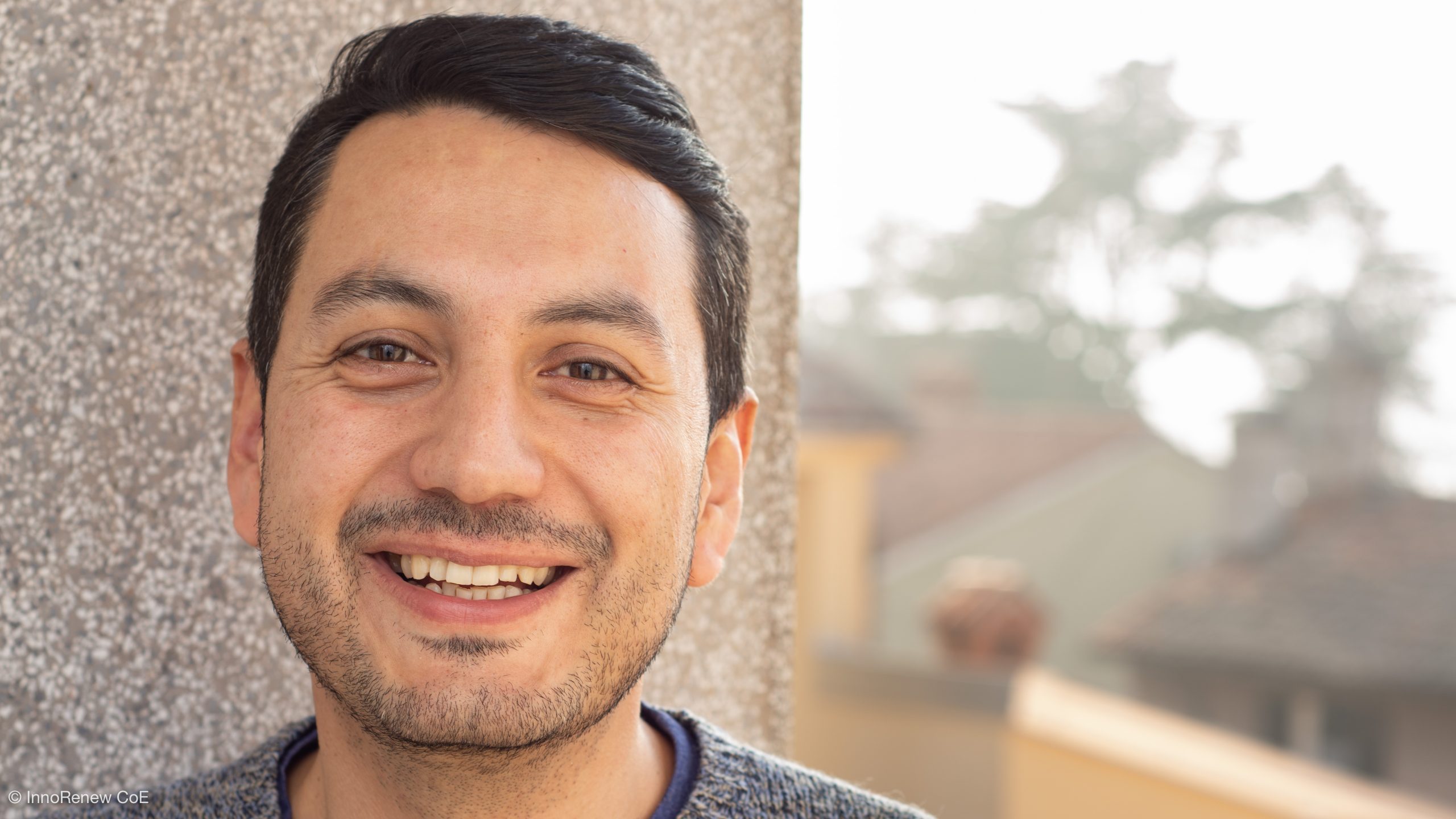
“Prioritise career development beyond research, emphasising training in new techniques and transferable skills.”
The MULTI-WOOD project develops eco-friendly wood modification, improving UV protection, moisture resistance, and fire-retardancy with bio-based formulations.
Slovenia
“It is important to find a host who is compatible with the scholar’s current research.”
Ivan Tomac, with the project "NOSTRADAMUS," addresses the engineering challenge of creating the lightest possible structure that also maintains maximum durability.
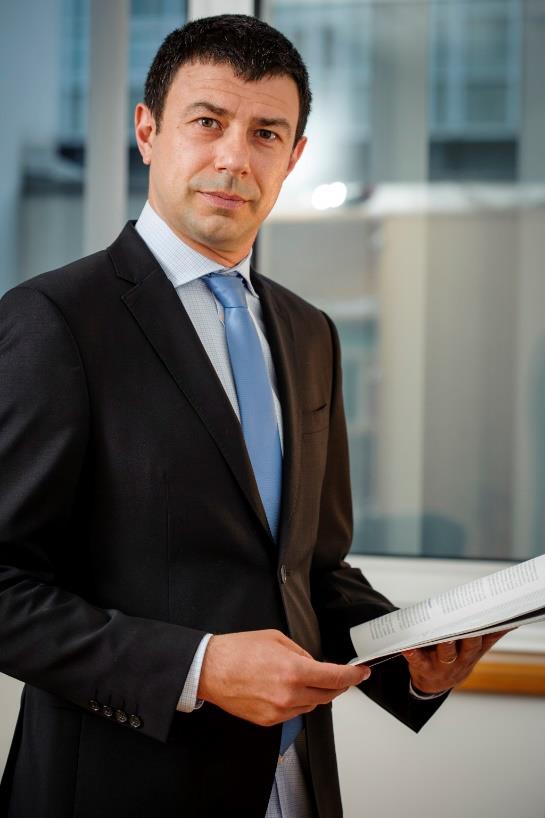
“It is important to find a host who is compatible with the scholar’s current research.”
Ivan Tomac, with the project "NOSTRADAMUS," addresses the engineering challenge of creating the lightest possible structure that also maintains maximum durability.

Turkiye
“Address both the call text as well as specific questions and points in the project template.”
Deniz Gündoğan İbrişim, through the project "POGETA," intersects the fields of literary studies, trauma and memory studies, gender, and environmental humanities.
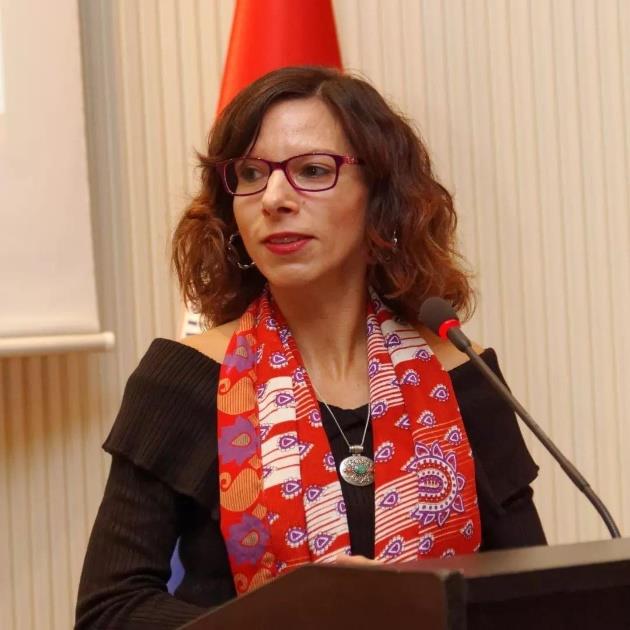
“Address both the call text as well as specific questions and points in the project template.”
Deniz Gündoğan İbrişim, through the project "POGETA," intersects the fields of literary studies, trauma and memory studies, gender, and environmental humanities.

Turkey
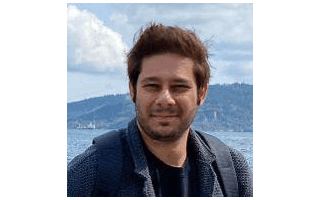
“Provide simple explanations supported with figures.”
Halil İbrahim Ciftci with the project Super-HIPPO aims to discover the new anti-HIV drugs.
Malta
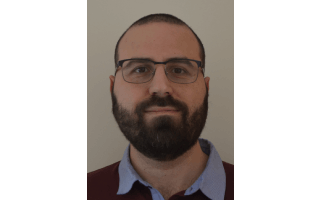
“Choose a topic that you are passionate about.”
James Ciarlo with his project PALEOSIM studies climate change impacts on the habitats of arthropods in the Circum-Sicilian islands.
Czechia
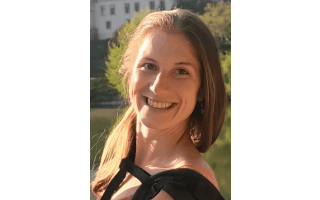
“It is important to balance ambition and feasibility!”
Magdalena Bohutínská with the program CONstrainCONverge aims to explore the process of repeated adaptation in nature.
Turkey
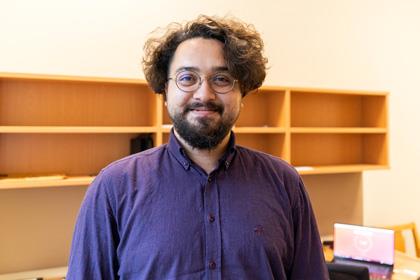
“You need to carefully read the documents provided on the Funding and Tenders portal.”
Korkut Kaan Tokgoz is developing a high data rate and, at the same time, an energy-efficient sub-terahertz transmitter.
“You need to be highly motivated and stay focused on your goal.”
Christoforos Panteli with the project SepsISensoR will give clinicians a new medical instrument in their arsenal, that will allow non-invasive diagnostics in hospitals.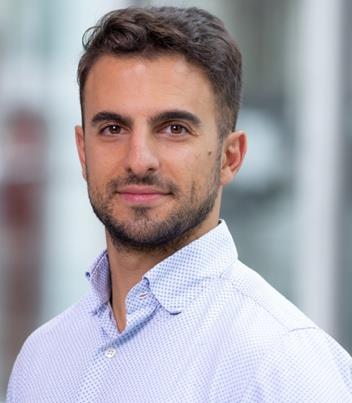
Malta
“Choose a project you are enthusiastic about.”
AMPLIFI aims to design and develop an auxetic, antimicrobial polymer for biomedical devices
such as catheters.
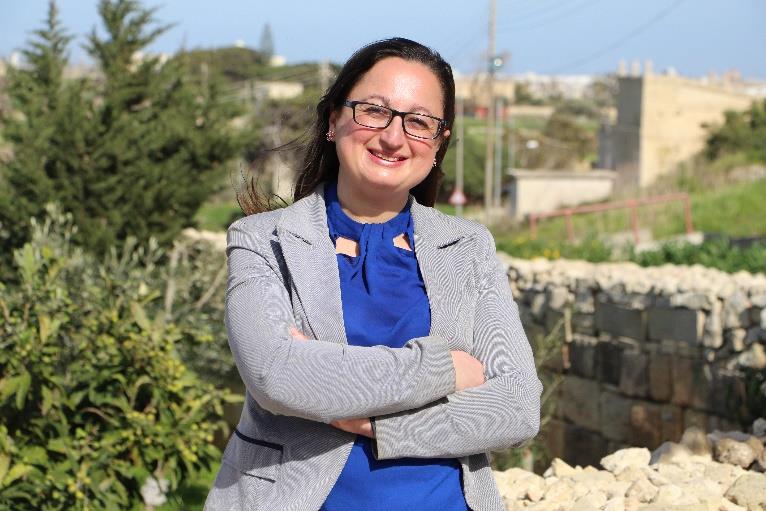
“Choose a project you are enthusiastic about.”
AMPLIFI aims to design and develop an auxetic, antimicrobial polymer for biomedical devices
such as catheters.

Hungary
“The most important factor is having an innovative
and interesting idea for excellent research.”
Riho Marja studied pollinators' movements and colony fitness in agricultural landscapes, using RFID-tagged bumblebees to simulate real-world processes at various scales.
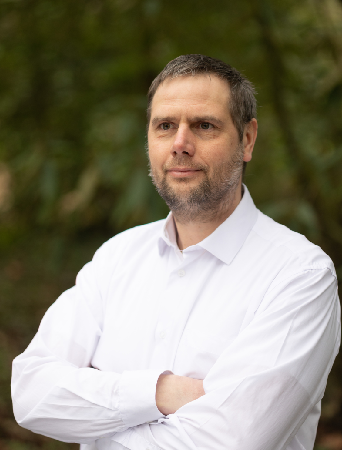
“The most important factor is having an innovative
and interesting idea for excellent research.”
Riho Marja studied pollinators' movements and colony fitness in agricultural landscapes, using RFID-tagged bumblebees to simulate real-world processes at various scales.

Czech Republic
“Maintaining a balance between the proposal’s
uniqueness and quality is crucial.”
Terahertz (THz) technology is used for
investigating nanomaterials, with
applications in medical imaging, security
checks, quality control, and atmospheric
chemistry.
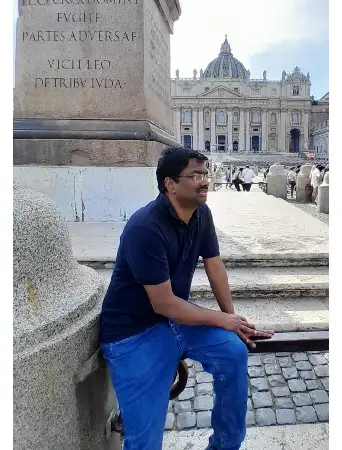
“Maintaining a balance between the proposal’s
uniqueness and quality is crucial.”
Terahertz (THz) technology is used for
investigating nanomaterials, with
applications in medical imaging, security
checks, quality control, and atmospheric
chemistry.

Doctoral Network (DN) and Innovative Training Networks (ITN)
Poland
“Building personal relations between partners helps a lot.”
IN-NOVA develops active and semi-active noise reduction methods, using actuators to generate anti-noise and enhance passive systems, particularly for low-frequency noise and heat dissipation issues.
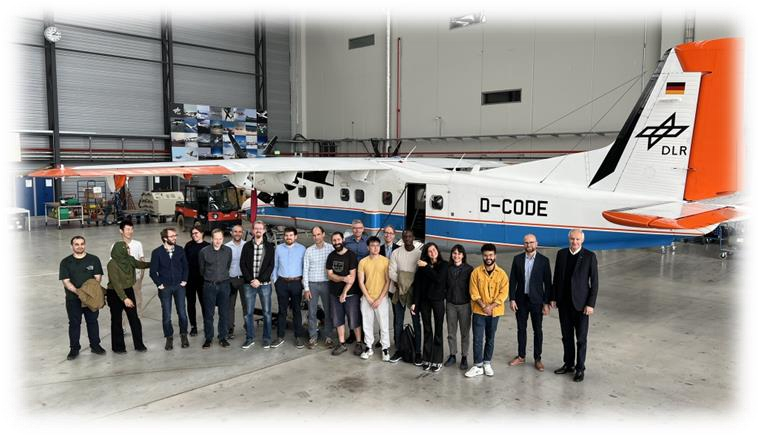
“Building personal relations between partners helps a lot.”
IN-NOVA develops active and semi-active noise reduction methods, using actuators to generate anti-noise and enhance passive systems, particularly for low-frequency noise and heat dissipation issues.

Poland
“We would encourage potential applicants to think internationally and in terms of interdisciplinarity.”
IP-PAD explores how adolescents process political information and develop a political identity, integrating political science, psychology, and neuroscience to offer new insights into this critical developmental stage.
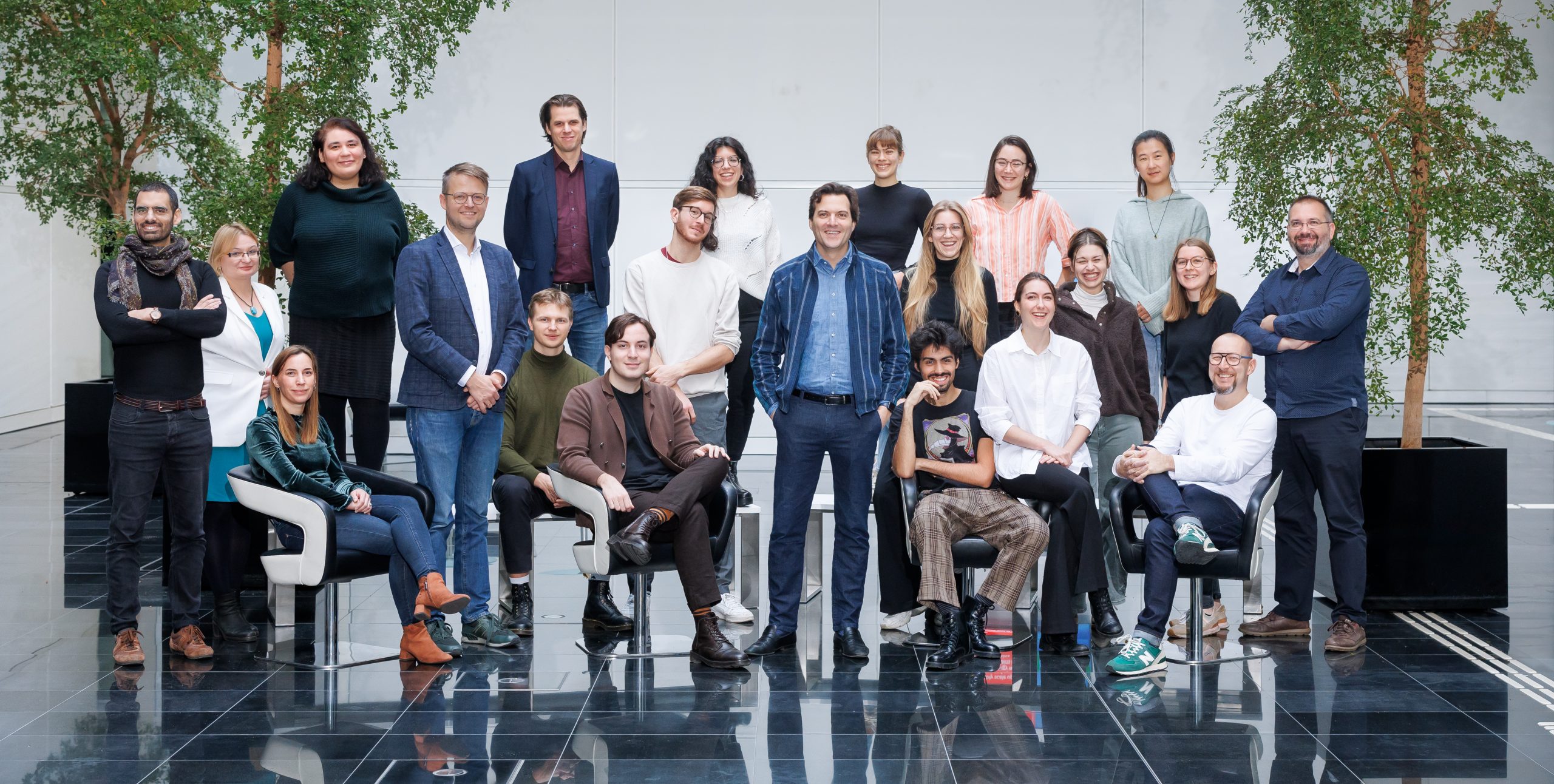
“We would encourage potential applicants to think internationally and in terms of interdisciplinarity.”
IP-PAD explores how adolescents process political information and develop a political identity, integrating political science, psychology, and neuroscience to offer new insights into this critical developmental stage.

Poland
“Previous relations are very important when creating a consortium.”
LegumeLegacy trains leaders in sustainable agriculture, using plant diversity to improve crop-livestock systems and reduce environmental impact, while studying soil, grassland, and legacy effects on crops and animals.
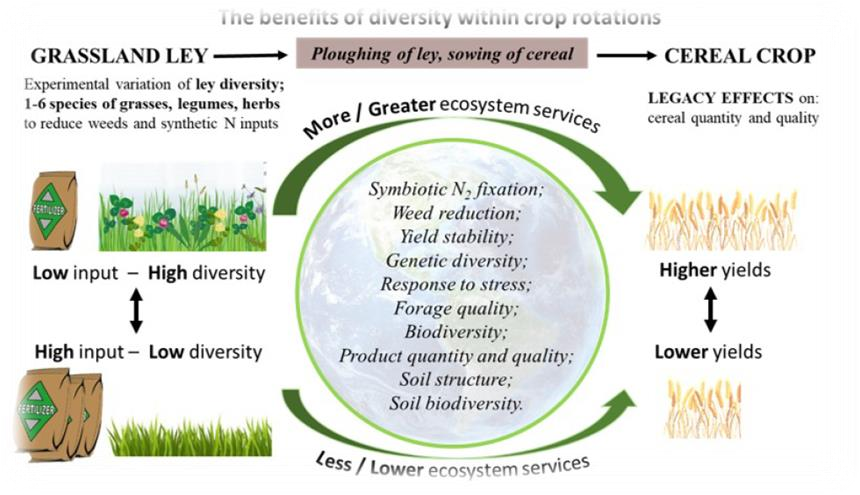
“Previous relations are very important when creating a consortium.”
LegumeLegacy trains leaders in sustainable agriculture, using plant diversity to improve crop-livestock systems and reduce environmental impact, while studying soil, grassland, and legacy effects on crops and animals.

Croatia
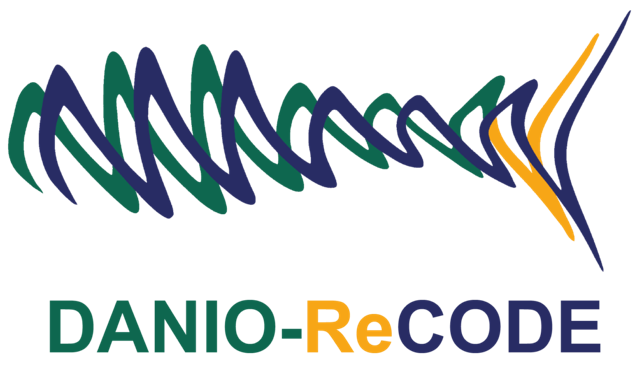
“Use all available resources, like previous successful proposals and the MSCA-NET Doctoral Networks Handbook.”
DANIO-ReCODE trains researchers to study tissue regeneration in zebrafish, using advanced technologies like genome editing and AI to uncover molecular mechanisms and advance regenerative medicine.
Croatia
“Build a strong, multidisciplinary consortium with complementary skills.”
IVORY integrates AI into road safety research to reduce traffic fatalities, focusing on responsible AI, safety management, and knowledge sharing for safer roads.
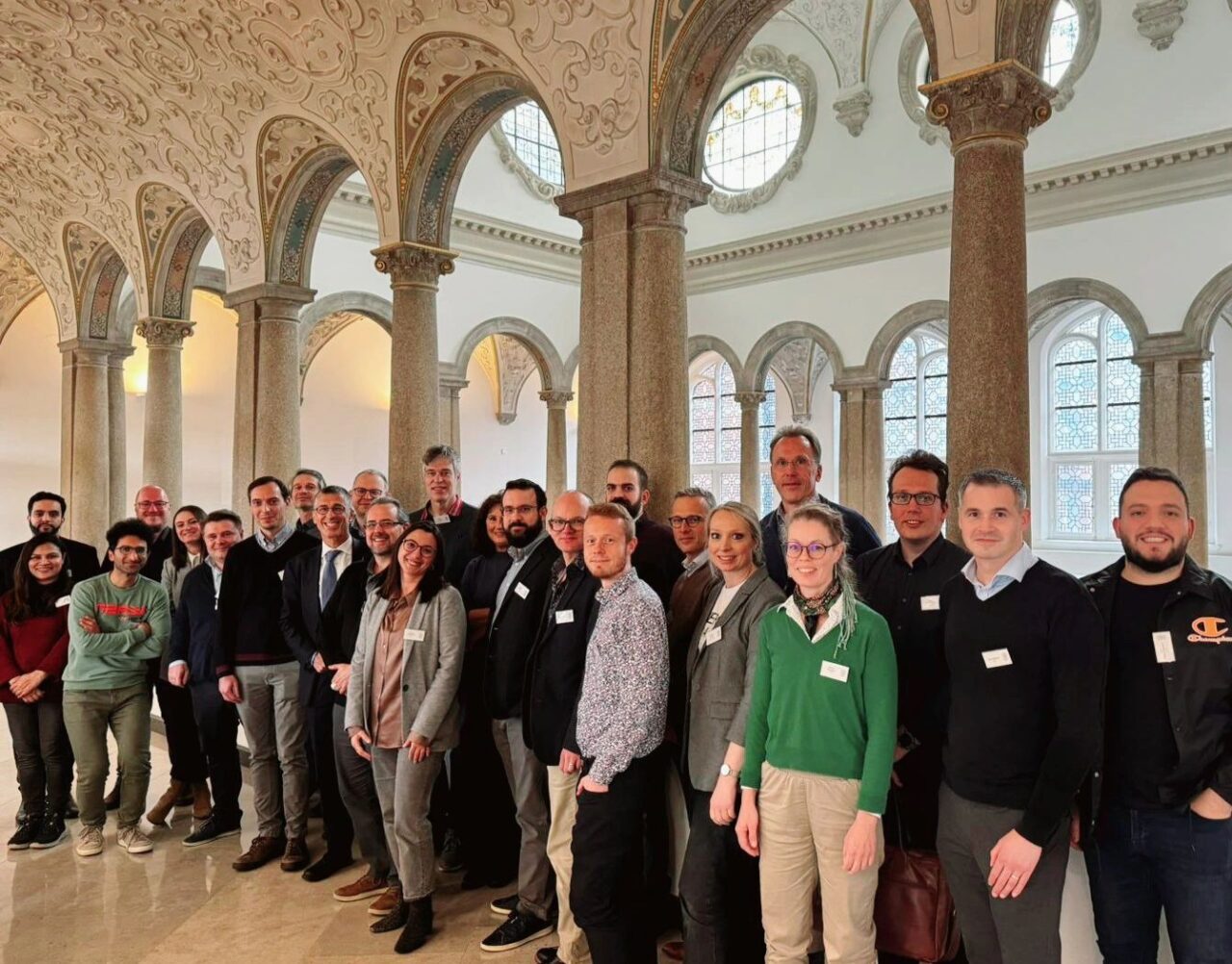
“Build a strong, multidisciplinary consortium with complementary skills.”
IVORY integrates AI into road safety research to reduce traffic fatalities, focusing on responsible AI, safety management, and knowledge sharing for safer roads.

Poland
“In a successful team mutual trust is as important as professional competences.”
Eyes4ICU explores eye movement metrics to predict cognitive load and improve human-machine interactions, focusing on seamless and intuitive multimedia learning experiences.
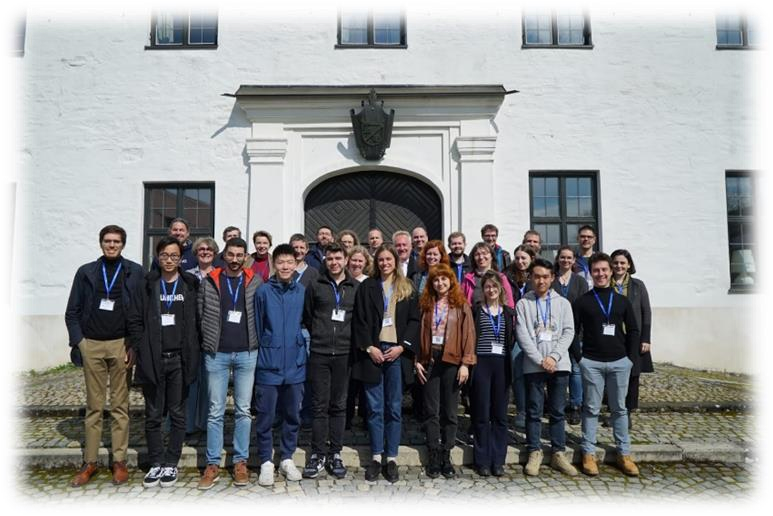
“In a successful team mutual trust is as important as professional competences.”
Eyes4ICU explores eye movement metrics to predict cognitive load and improve human-machine interactions, focusing on seamless and intuitive multimedia learning experiences.

Greece
“Find the right partners that deliver.”
ODECO aims to transform open data systems into sustainable ecosystems by training the next generation of innovative researchers to tackle challenges in creating user-driven, circular, and inclusive open data ecosystems.
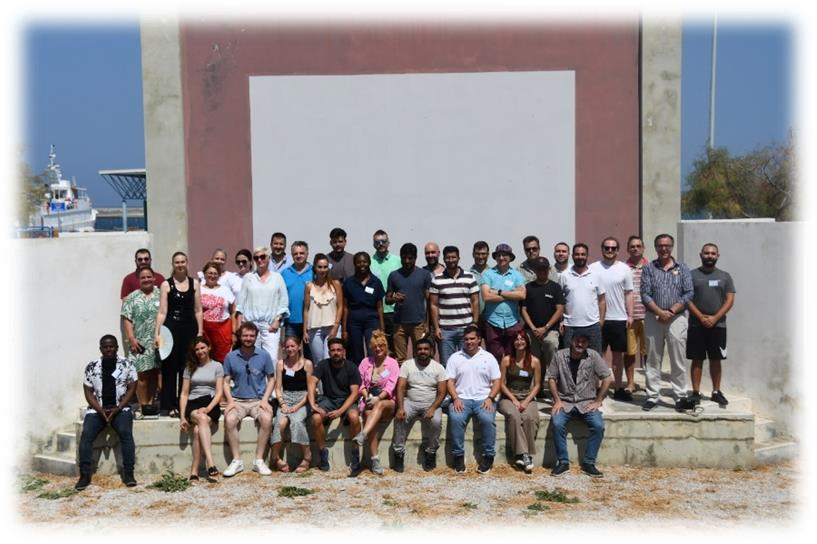
“Find the right partners that deliver.”
ODECO aims to transform open data systems into sustainable ecosystems by training the next generation of innovative researchers to tackle challenges in creating user-driven, circular, and inclusive open data ecosystems.

Poland
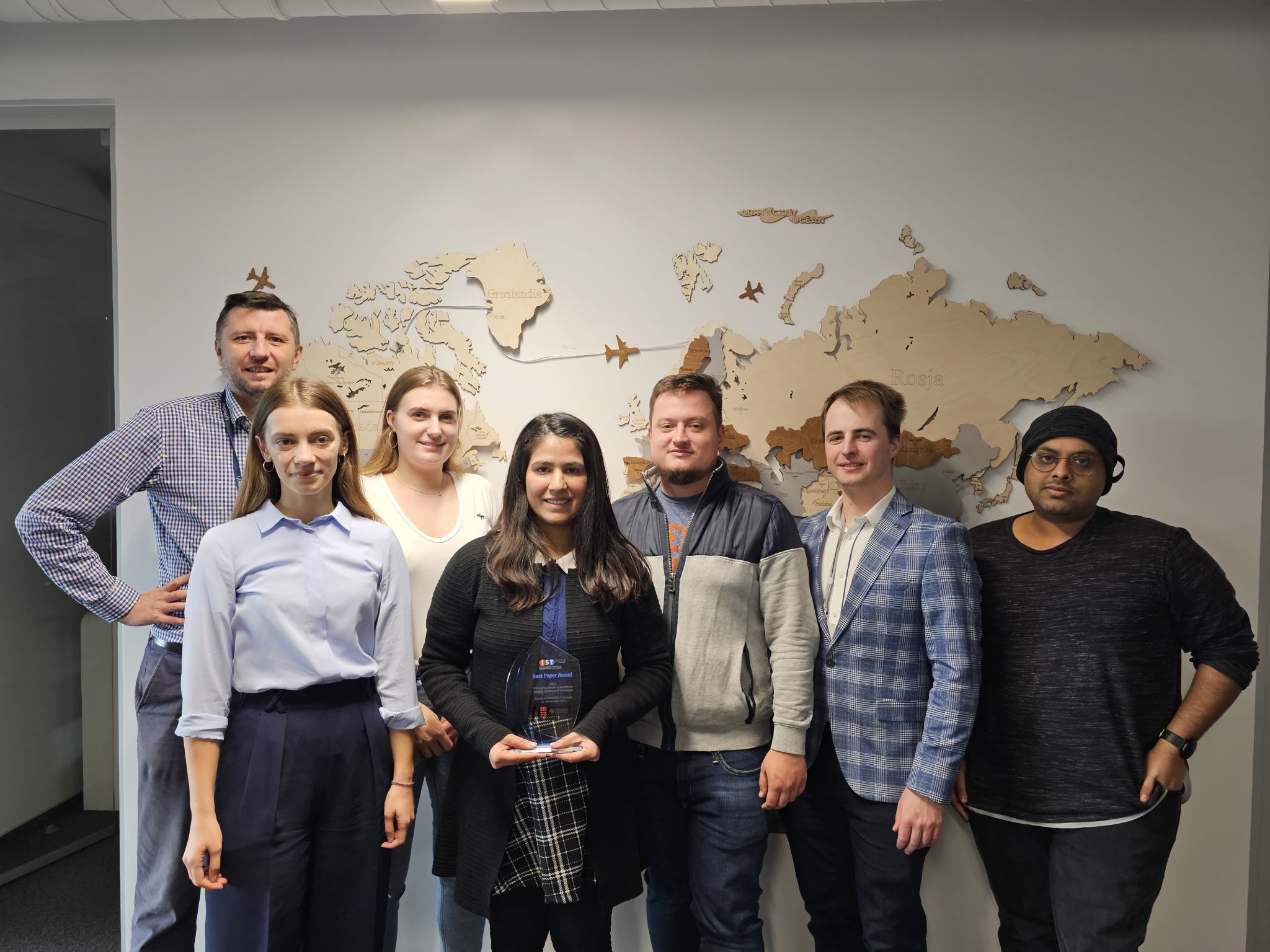
“The MSCA project has to be innovative to attract young researchers.”
DECODE offers young researchers multidisciplinary training to develop and optimize a drug-eluting balloon system for treating peripheral artery disease, enhancing their careers in biomedical engineering and fostering innovation in the field.
Czechia
“Use your existing research networks.”
The goal of this project is to have the participants develop skills and protocols needed for industrial usage of Predictive Rendering (PR) technologies - image synthesis which delivers results that one can actually rely on to be visually accurate.
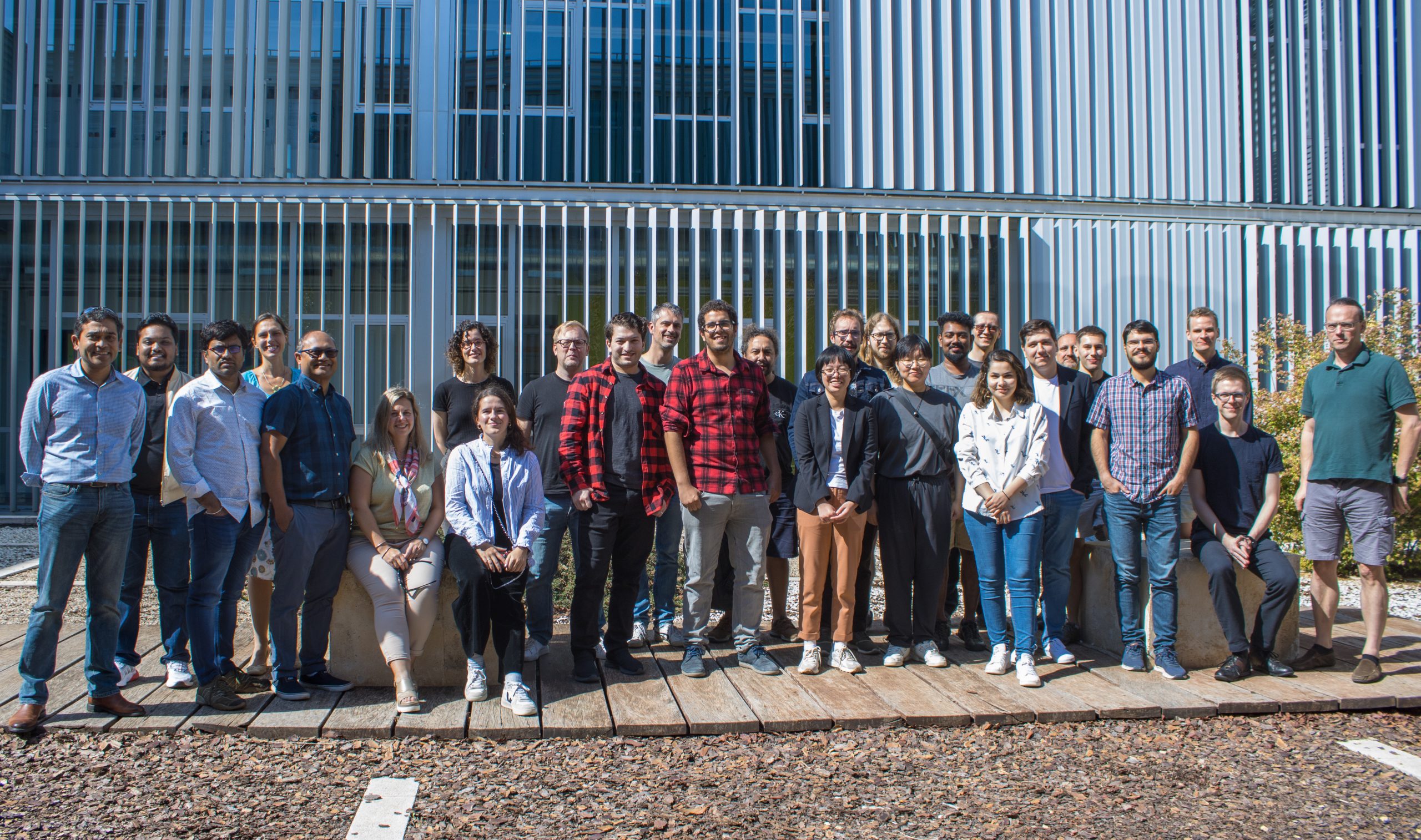
“Use your existing research networks.”
The goal of this project is to have the participants develop skills and protocols needed for industrial usage of Predictive Rendering (PR) technologies - image synthesis which delivers results that one can actually rely on to be visually accurate.

Hungary
Read the story here
Discover the project here

“One should not give up, despite the low success rate.”
PHYMOL provides an ambitious programme of research and training, helping to produce a new generation of researchers in the broad field of molecular modelling.Read the story here
Discover the project here

Cyprus
Read the story here
Discover the project here

“Focus on the application requirements, the impact on society and find the appropriate partners.”
The AQTIVATE project offers an interdisciplinary training programme for fifteen PhD research fellows in high performance & quantum computing, scalable algorithms and machine learning.Read the story here
Discover the project here

Serbia
Read the story here
Discover the project here

“Participate actively in conferences, COST actions, and other networks.”
The goal of the ALLPreT project is to enable the safe introduction of new and more sustainable foods into the human diet while protecting people from the unacceptable risk of developing food allergies.Read the story here
Discover the project here

Hungary
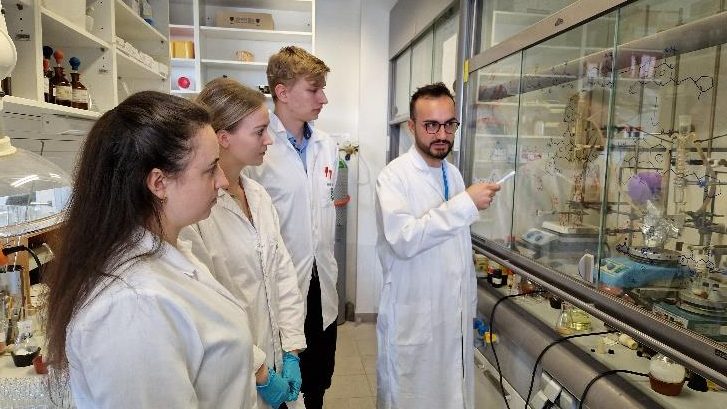
“Sometimes it is not the first submission that succeeds.”
ALLODD’s objective is to design new molecules the therapy of proteins function regarding the ability to bind ligands.
“Don’t be discouraged by failed applications; learn from them.”
The FANTOM Doctoral Network seeks to train 10 PhD students through a research programme focusing on the cancer of the immune system called Anaplastic Large Cell Lymphoma (ALCL).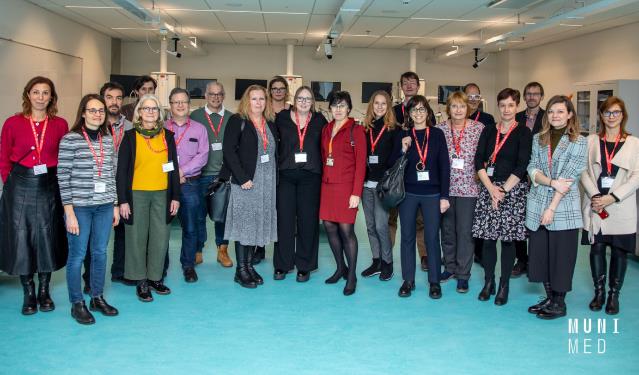
Turkey
“Comments of evaluators from our previous
application provided some useful feedback.”
The doctoral network “Targeting RNA as an approach for treating retinal disease” (RETORNA)
aims to study different types of RNA that are expressed in retinal cells.
“Comments of evaluators from our previous
application provided some useful feedback.”
The doctoral network “Targeting RNA as an approach for treating retinal disease” (RETORNA)
aims to study different types of RNA that are expressed in retinal cells.
Hungary
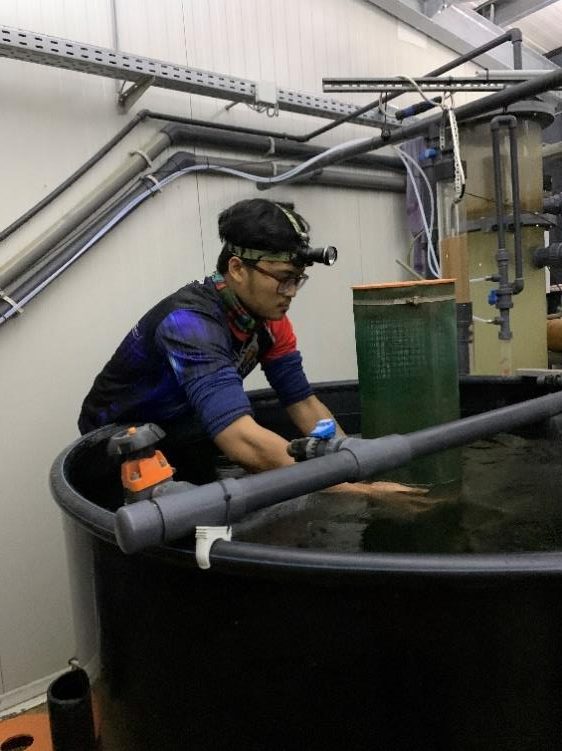
“The Hungarian NCP provided generous technical assistance.”
RASOPTA’s goal is to identify factors endangering production safety and to bridge existing knowledge gaps related to these factors with regard to the farming of fish species that are important for human nutrition and economy in Europe.
“Do not go with vague ideas.”
DIEM is a Doctoral Networks project bringing together academic, government and industry
expertise to holistically investigate the managerial, economic, and societal implications of
Distributed ledger technology (DLT).
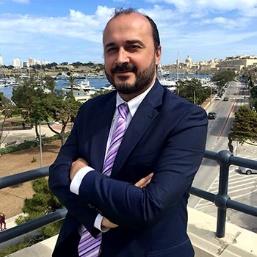
Bulgaria
“Talk to people with experience.”
The PLENOPTIMA project aims to develop a cross-disciplinary approach to plenoptic imaging,
which includes new optical materials and sensing principles, signal processing methods, new
computing architectures, and vision science modelling.
“Talk to people with experience.”
The PLENOPTIMA project aims to develop a cross-disciplinary approach to plenoptic imaging,
which includes new optical materials and sensing principles, signal processing methods, new
computing architectures, and vision science modelling.
Slovenia
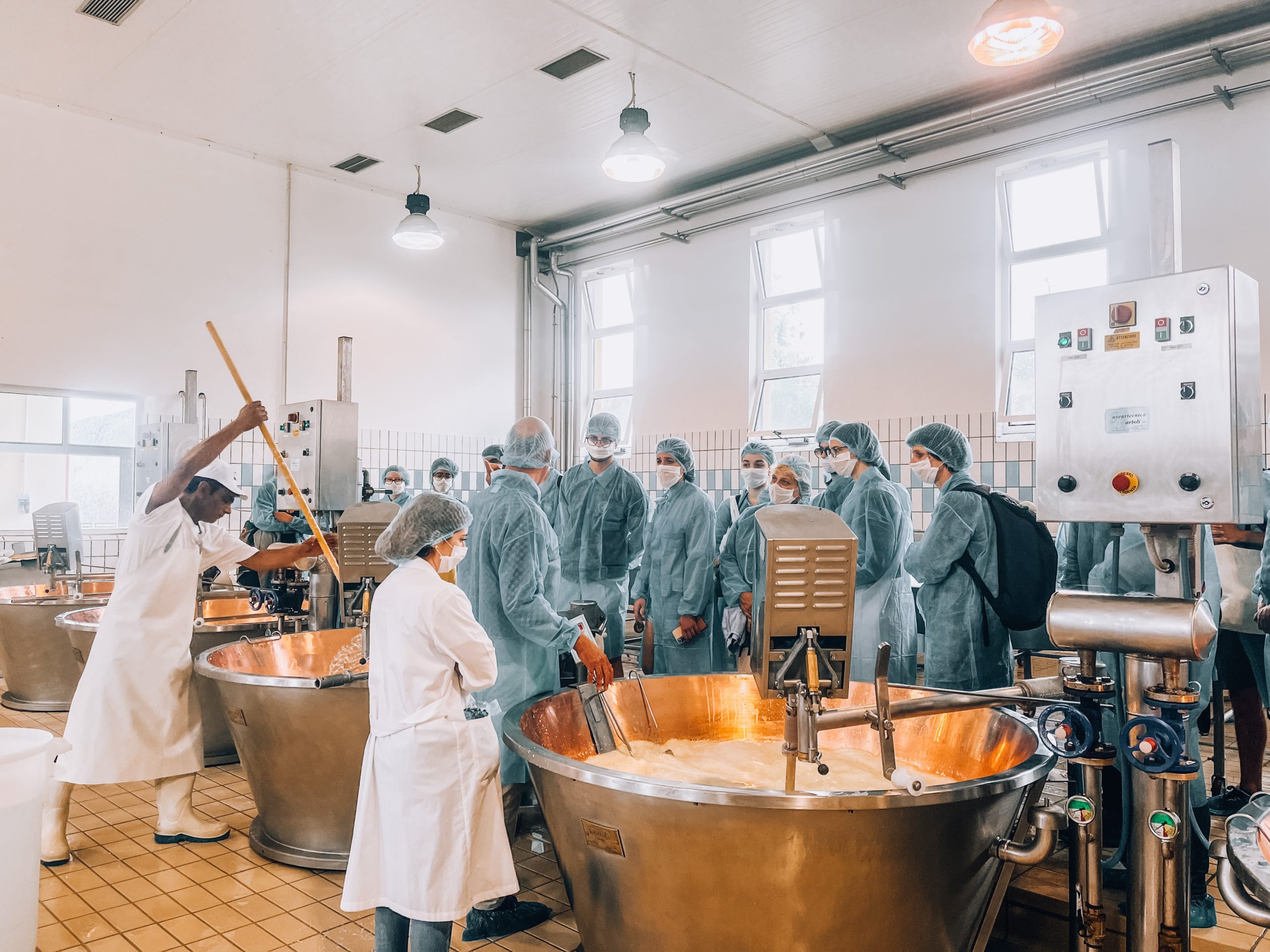
“Involve a group of partners that you trust and that will bring unique perspectives and skills.”
FoodTraNet trains early-stage researchers in emerging techniques, like mass spectrometry, for careers in food quality and safety. Supports diverse needs in academia, industry, and regulatory bodies.
Croatia
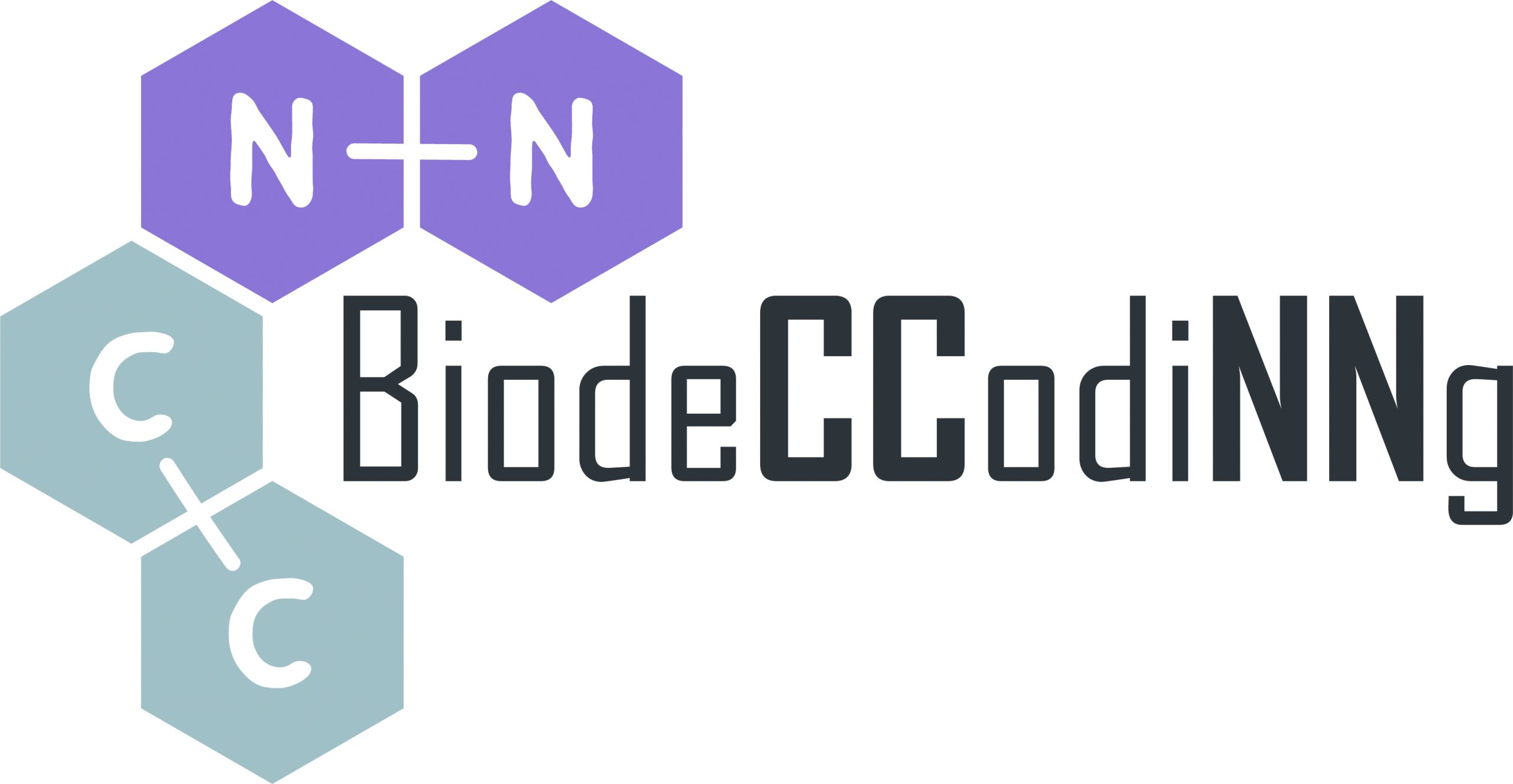
“I would recommend persistence as the competition is high.Also, to consult NCPs.”
The project aims to develop sustainable biocatalytic processes with lower environmental impact that consume less energy and materials, and have lower emissions in the environment.
COFUND
Turkey
“Clearly define how your project will contribute to European and global needs and priorities.”
The Water4All project trains 20 doctoral candidates in Sustainable Water Management, combining interdisciplinary research with practical skills to address global water challenges and drive innovation.

“Clearly define how your project will contribute to European and global needs and priorities.”
The Water4All project trains 20 doctoral candidates in Sustainable Water Management, combining interdisciplinary research with practical skills to address global water challenges and drive innovation.

Turkey
“Presenting a clear plan for knowledge transfer, career development and public engagement is key for a competitive and successful proposal.”
BIOTIN trains doctoral candidates in life sciences, engineering, and entrepreneurship, combining biomedical expertise with data science and innovation to drive impactful solutions.
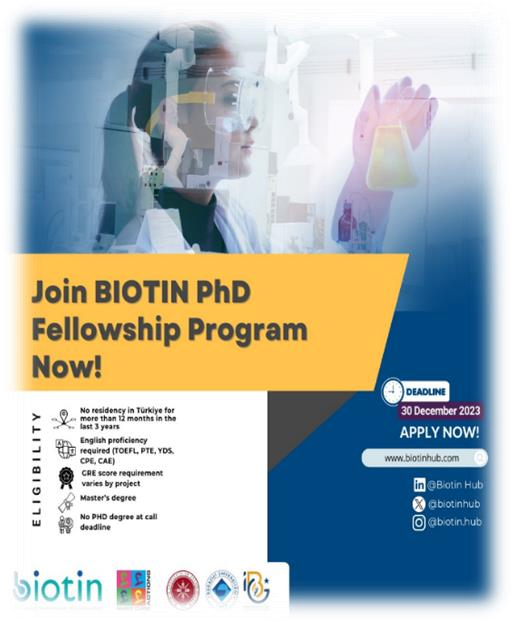
“Presenting a clear plan for knowledge transfer, career development and public engagement is key for a competitive and successful proposal.”
BIOTIN trains doctoral candidates in life sciences, engineering, and entrepreneurship, combining biomedical expertise with data science and innovation to drive impactful solutions.

Turkey
“Be persistent—if you don’t succeed on the first try, use the feedback to strengthen your proposal and apply again.”
SPHERE supports sustainability and circular economy research through a postdoctoral fellowship, aiming to create practical solutions for waste reduction, resource conservation, energy, and climate challenges.
“Be persistent—if you don’t succeed on the first try, use the feedback to strengthen your proposal and apply again.”
SPHERE supports sustainability and circular economy research through a postdoctoral fellowship, aiming to create practical solutions for waste reduction, resource conservation, energy, and climate challenges.
Czechia
“Preparing a solid COFUND project requires teamwork and co-creation. Put together a team of grant advisors and researchers.”
The Physics for Future (P4F) program aims to foster innovation in physics by promoting interdisciplinary research, supporting mobility, and equipping 60 postdoctoral fellows with personalized mentoring and industry collaboration to drive technological advancements.
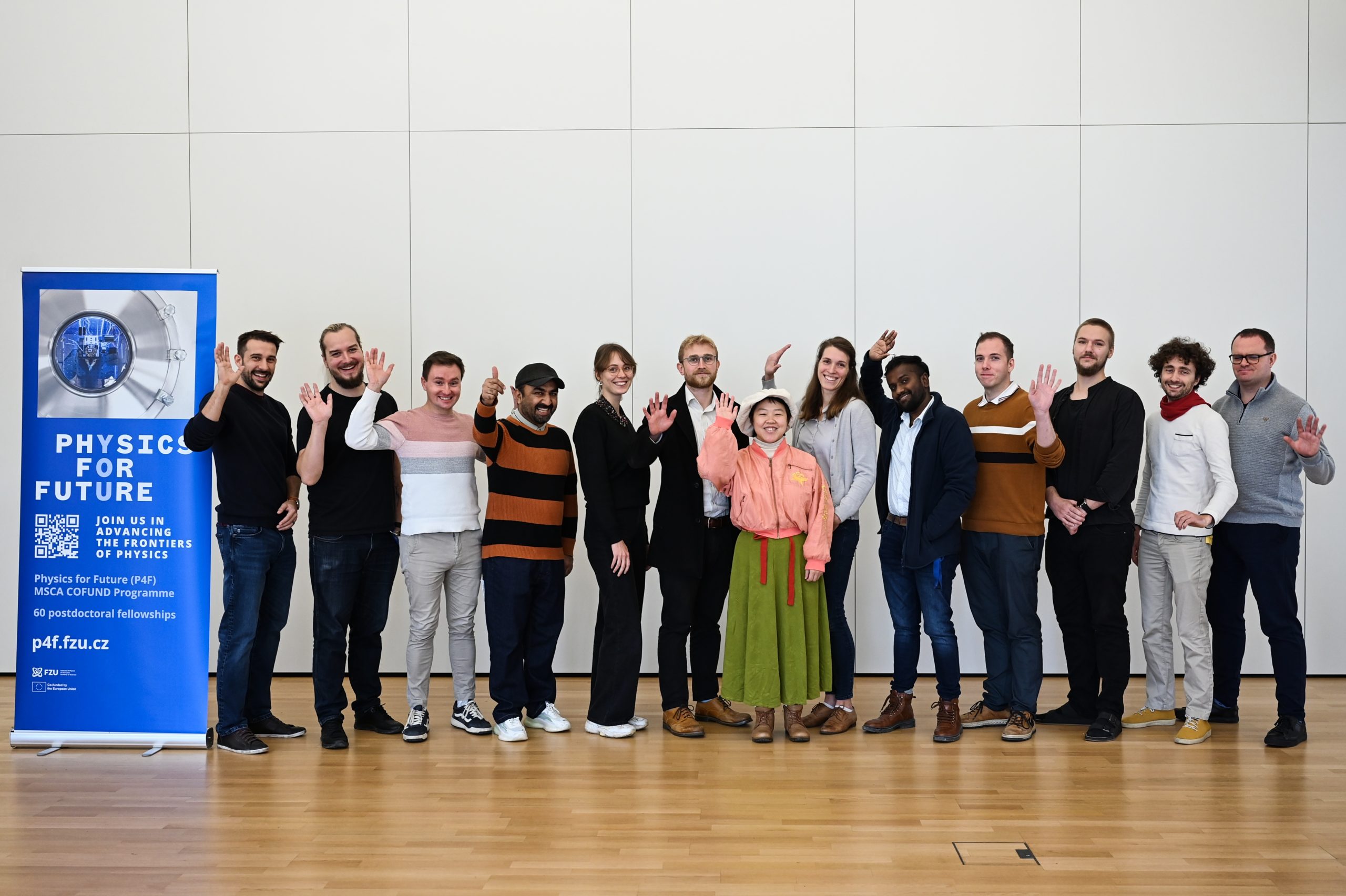
“Preparing a solid COFUND project requires teamwork and co-creation. Put together a team of grant advisors and researchers.”
The Physics for Future (P4F) program aims to foster innovation in physics by promoting interdisciplinary research, supporting mobility, and equipping 60 postdoctoral fellows with personalized mentoring and industry collaboration to drive technological advancements.

Slovenia
“Start preparing the proposal early! It takes time to build a network and to get everyone on board!”
The SMASH program aims to recruit 50 top postdoctoral fellows to advance machine learning (ML) and AI in science and humanities, driving innovation and discovery through cutting-edge applications.
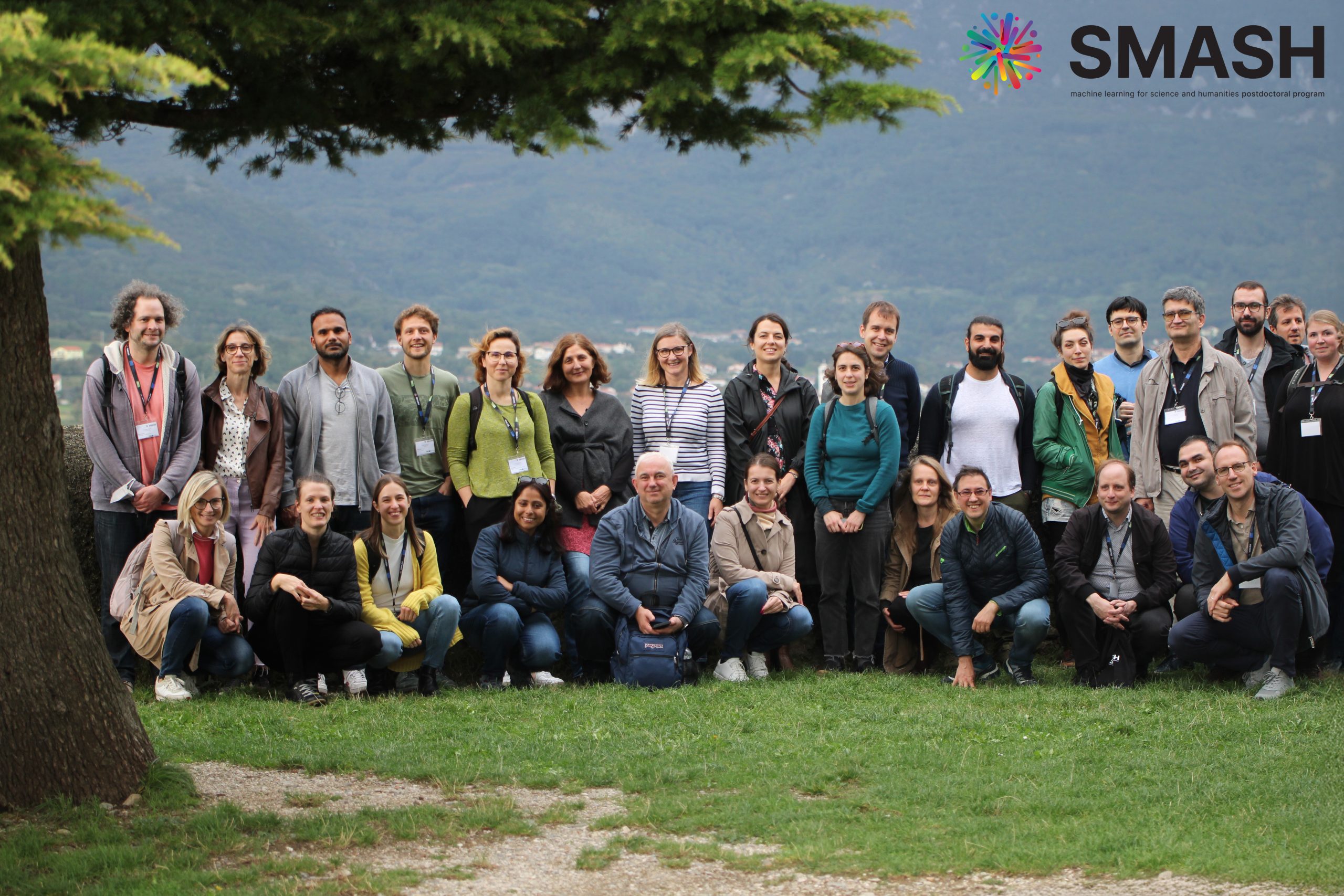
“Start preparing the proposal early! It takes time to build a network and to get everyone on board!”
The SMASH program aims to recruit 50 top postdoctoral fellows to advance machine learning (ML) and AI in science and humanities, driving innovation and discovery through cutting-edge applications.

Turkey
“Follow the guidelines of the European
Commission.”
The aim of A2M2TECH is to deliver an interdisciplinary, intersectoral and international excellent
doctoral training programme in all aspects of Advanced Materials and Advanced
Manufacturing,
with a major focus on additive manufacturing.
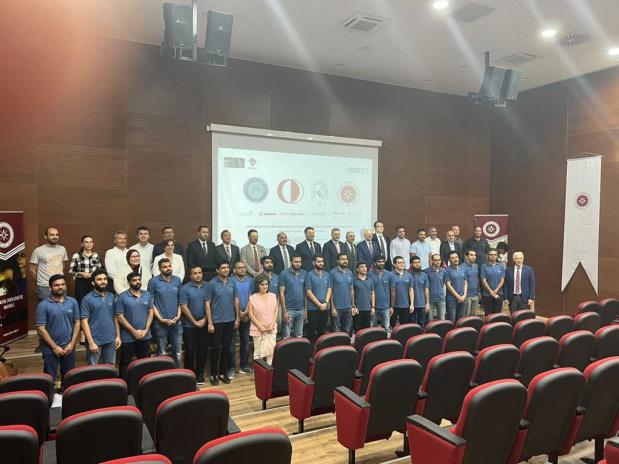
“Follow the guidelines of the European
Commission.”
The aim of A2M2TECH is to deliver an interdisciplinary, intersectoral and international excellent
doctoral training programme in all aspects of Advanced Materials and Advanced
Manufacturing,
with a major focus on additive manufacturing.

Turkey
“A successful COFUND project requires a team with
four pillars: researchers, research managers,
administrative facilitators and NCPs.”
The mission of ENRICH-TOGETHER is to host the next generation of leading experts in the
Green and Blue Transition field, that will translate radically new concepts to scientific,
economic, technological and social impacts.

“A successful COFUND project requires a team with
four pillars: researchers, research managers,
administrative facilitators and NCPs.”
The mission of ENRICH-TOGETHER is to host the next generation of leading experts in the
Green and Blue Transition field, that will translate radically new concepts to scientific,
economic, technological and social impacts.

Staff Exchanges (SE) and Research and Innovation Staff Exchange (RISE)
NEW Slovenia
“Take advantage of support from National contact
points and experienced colleagues to navigate
requirements effectively.”
DSYREKI models biochemical and biomedical networks, linking mathematics with healthcare and sustainability.
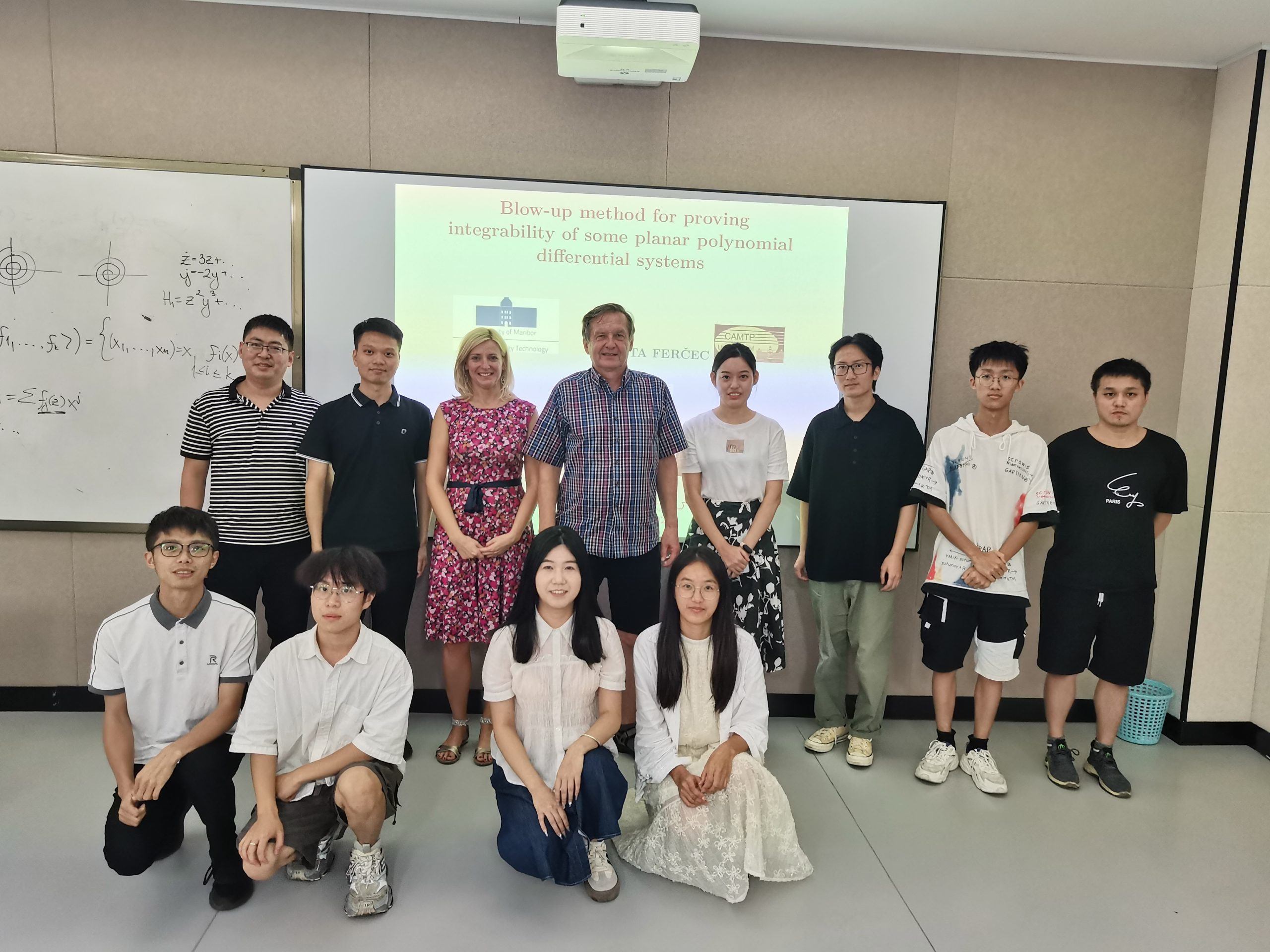
“Take advantage of support from National contact
points and experienced colleagues to navigate
requirements effectively.”
DSYREKI models biochemical and biomedical networks, linking mathematics with healthcare and sustainability.

NEW Republic of
North Macedonia
“Communicate your results and activities to the
public!”
GETM4 explores how entrepreneurs navigate disruption to drive economic growth and societal well-being in a digital world.
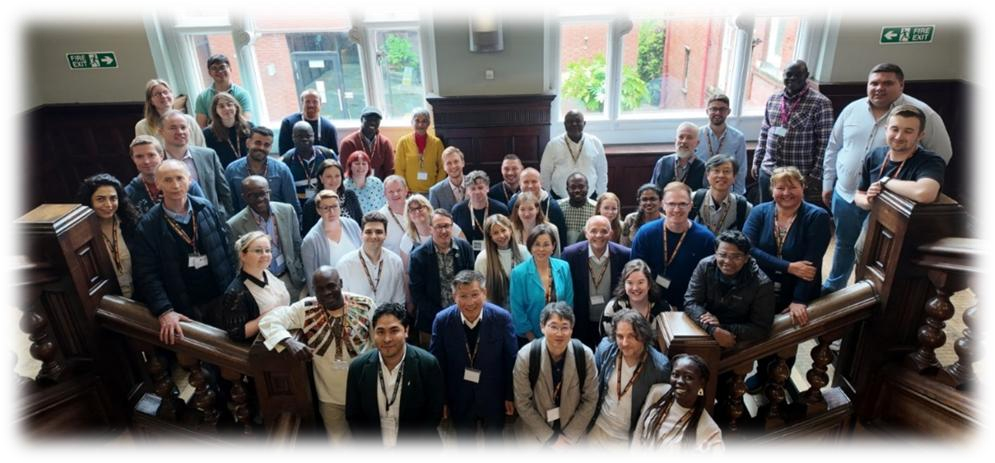
“Communicate your results and activities to the
public!”
GETM4 explores how entrepreneurs navigate disruption to drive economic growth and societal well-being in a digital world.

Greece
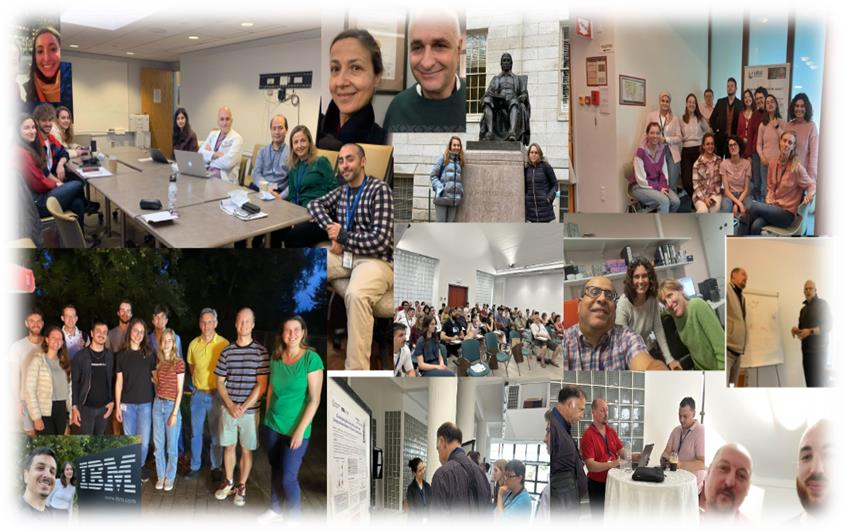
“Have at least two other partners that arecommitted to the proposed project so that together you can create a strong “core”.
NeuronsXnets explores neural circuits to uncover principles of encoding, communication, and learning, aiming to advance AI with higher cognitive capabilities.
Poland
“It helps to be open-minded and think in terms of interdisciplinarity about making science.”
The EU-funded INTAKE project develops hybrid energy-harvesting nanocomposites, integrating them into lightweight, ultra-strong materials through a multidisciplinary approach.
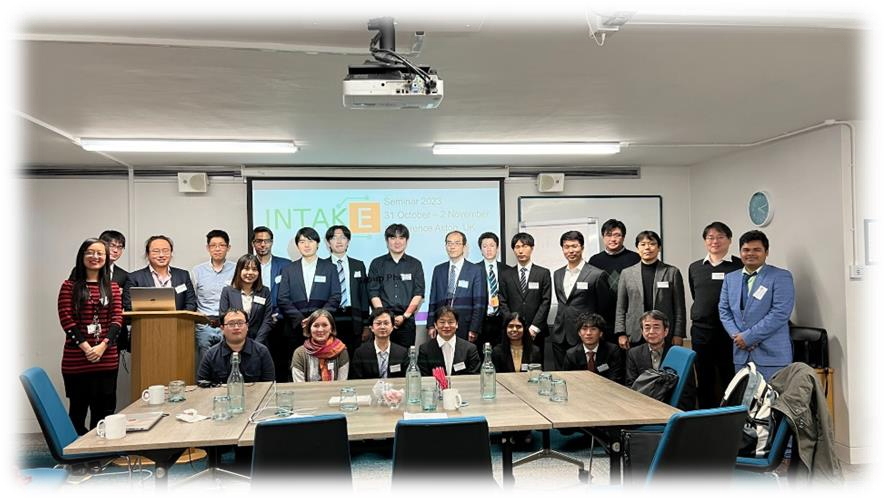
“It helps to be open-minded and think in terms of interdisciplinarity about making science.”
The EU-funded INTAKE project develops hybrid energy-harvesting nanocomposites, integrating them into lightweight, ultra-strong materials through a multidisciplinary approach.

Poland
“Getting advice from the National contact points and attending information days can be very helpful.”
The EYE project develops an AI-powered platform for real-time processing of Earth observation data, enabling quick, automated economic assessments and improving forecasting accuracy.
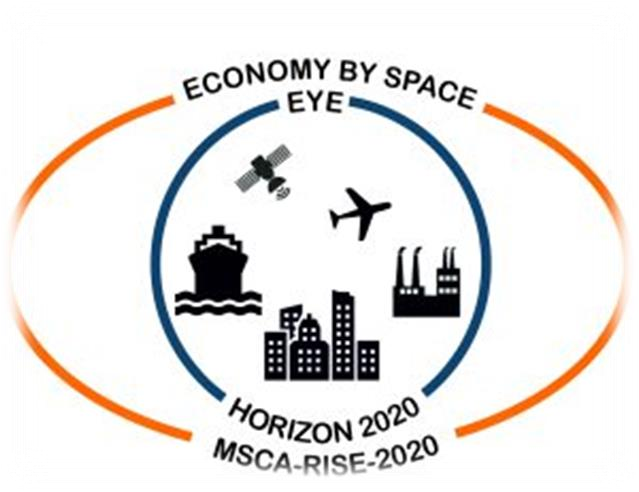
“Getting advice from the National contact points and attending information days can be very helpful.”
The EYE project develops an AI-powered platform for real-time processing of Earth observation data, enabling quick, automated economic assessments and improving forecasting accuracy.

“Include SMEs and focus on practical application.”
SAFEMILK aims to develop an innovative assay for milk safety evaluation, providing the dairy industry with a key tool to ensure the quality and safety of milk and dairy products.

Poland
“The critical factor is finding a vibrant, goal-oriented environment with similar ideas.”
The project explores modal logic, focusing on its mathematical foundations and applications in areas like knowledge representation, legal reasoning, and computation. It develops new tools with theoretical insights and practical implications.
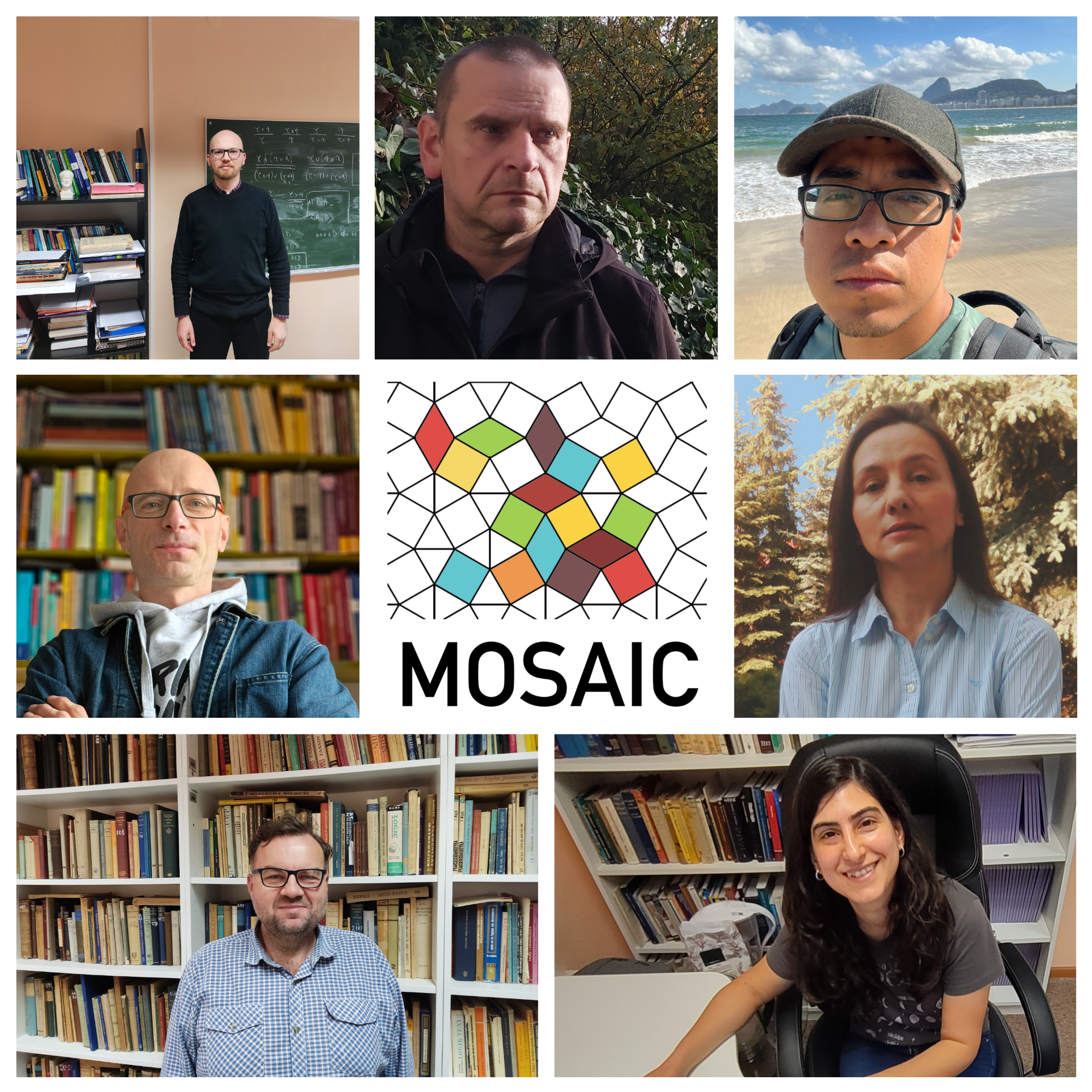
“The critical factor is finding a vibrant, goal-oriented environment with similar ideas.”
The project explores modal logic, focusing on its mathematical foundations and applications in areas like knowledge representation, legal reasoning, and computation. It develops new tools with theoretical insights and practical implications.

Romania
“Clearly define the societal impact and innovation potential of your project.”
The FEEDACTIV project develops natural feed supplements from algae and plants to enhance fish immunity, reduce costs, and minimize aquaculture’s environmental impact, promoting sustainable, chemical-free fish farming.
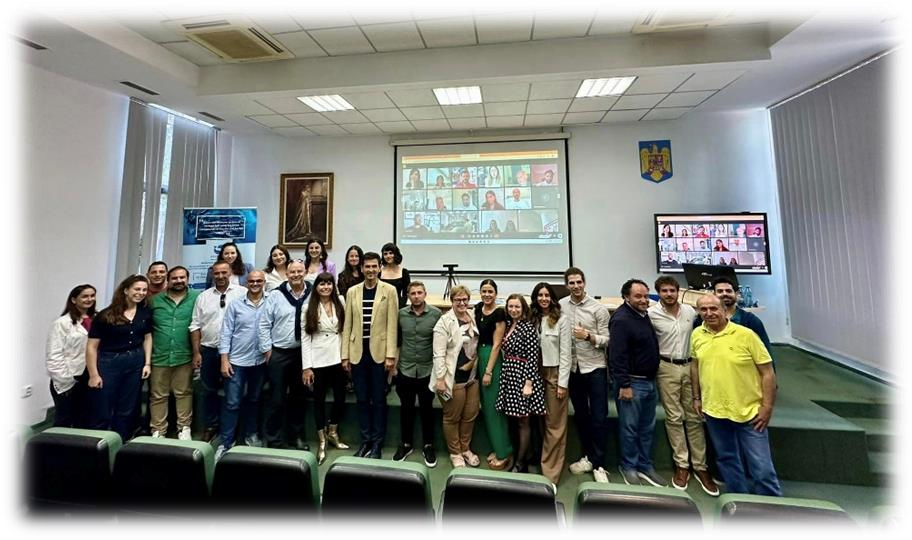
“Clearly define the societal impact and innovation potential of your project.”
The FEEDACTIV project develops natural feed supplements from algae and plants to enhance fish immunity, reduce costs, and minimize aquaculture’s environmental impact, promoting sustainable, chemical-free fish farming.

Croatia
“Get input from all partners in the consortium and consult with your NCPs.”
This project explores low seroprevalence adenovirus vectors for gene therapy and vaccines, focusing on novel designs, researcher training, and fostering long-term collaboration. Poland
“Consider which members have the potential to become secondees.”
The OptiQ project advances quantum tech with entangled photon sources, AR circuit simulators, quantum classification, and Bell’s inequality experiments, impacting photonics and imaging.
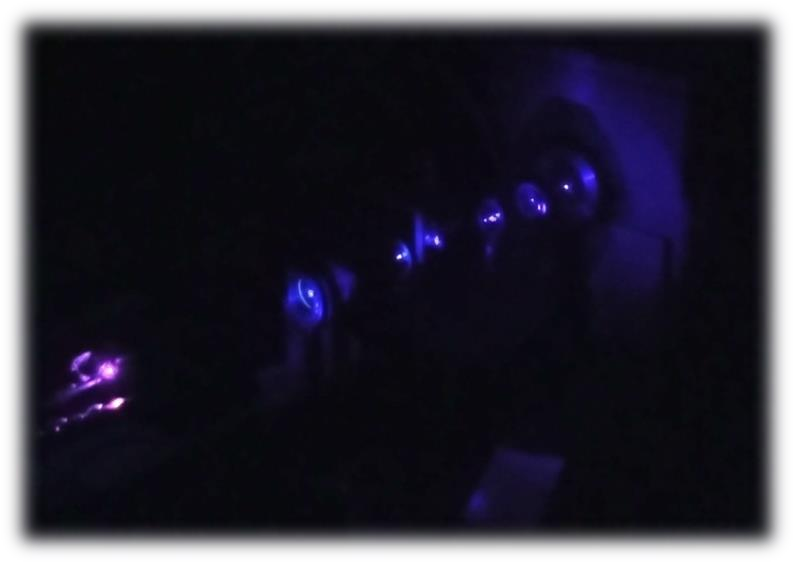
“Consider which members have the potential to become secondees.”
The OptiQ project advances quantum tech with entangled photon sources, AR circuit simulators, quantum classification, and Bell’s inequality experiments, impacting photonics and imaging.

Poland
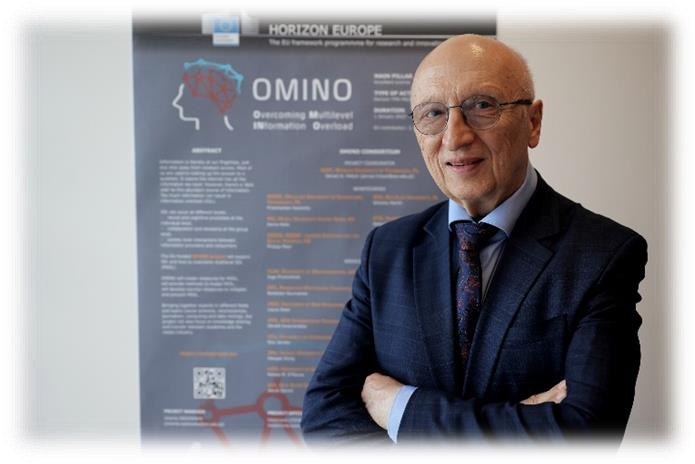
“Think about how your project will contribute to solving important social or scientific challenges.”
The OMINO project addresses information overload by developing measures, models, and countermeasures to help process excessive data and improve decision-making.
Serbia
“Focus on innovation, clarity, and societal impact.”
The CardioSCOPE project develops AI-based algorithms using multiomics to predict cardiovascular events and identify biomarkers in myocardial infarction patients.
“Focus on innovation, clarity, and societal impact.”
The CardioSCOPE project develops AI-based algorithms using multiomics to predict cardiovascular events and identify biomarkers in myocardial infarction patients.
Greece
“Organisations must follow the guidelines mentioned in the Work programme and strive for clarity in the proposal.”
The FRIETS project enhances processed berries' nutrition and shelf-life through innovative techniques, promoting healthy eating and sustainable food solutions.
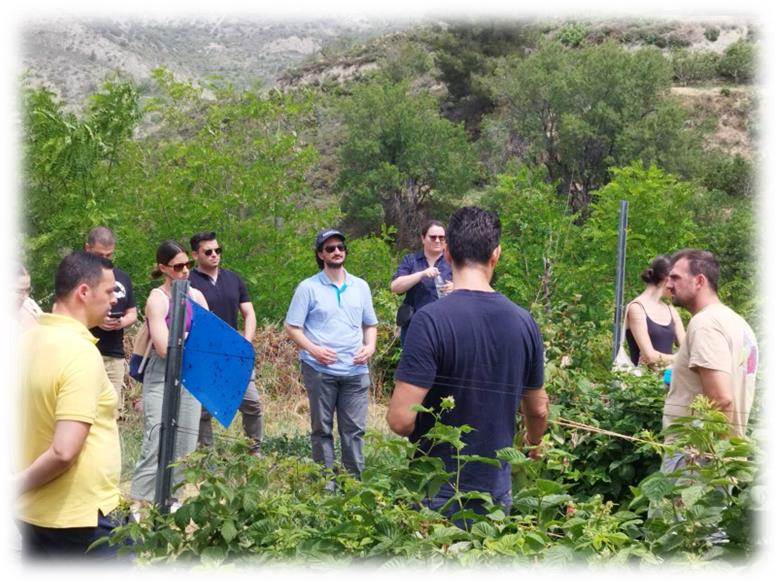
“Organisations must follow the guidelines mentioned in the Work programme and strive for clarity in the proposal.”
The FRIETS project enhances processed berries' nutrition and shelf-life through innovative techniques, promoting healthy eating and sustainable food solutions.

Greece
“Early preparation is crucial; adhere to guidelines,
seek insights from experienced peers.”
EO-PERSIST project establishes a dynamic collaborative research and innovation environment through staff exchanges, knowledge sharing, and know-how transfer in order to deliver a pioneering contribution on permafrost studies in the Arctic.
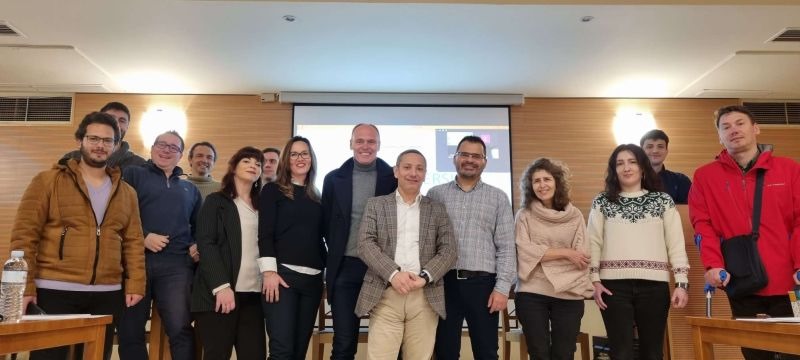
“Early preparation is crucial; adhere to guidelines,
seek insights from experienced peers.”
EO-PERSIST project establishes a dynamic collaborative research and innovation environment through staff exchanges, knowledge sharing, and know-how transfer in order to deliver a pioneering contribution on permafrost studies in the Arctic.

Poland
“Explore unique solutions to meet market
demands.”
During the Piezo2D project, were developed innovative structures with a strong piezoelectric effect, aiding scientists in understanding this phenomenon in two-dimensional materials.
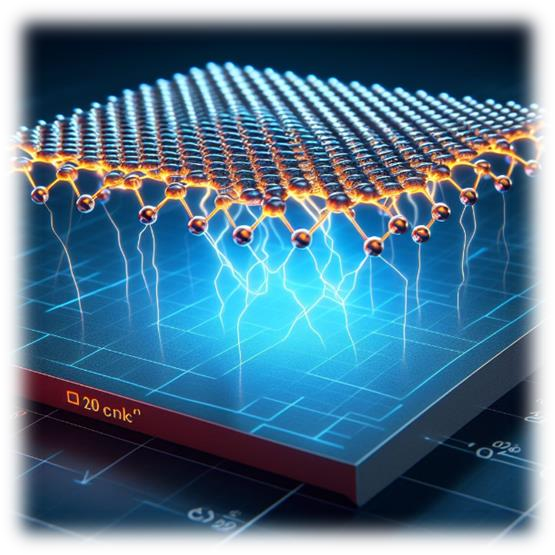
“Explore unique solutions to meet market
demands.”
During the Piezo2D project, were developed innovative structures with a strong piezoelectric effect, aiding scientists in understanding this phenomenon in two-dimensional materials.

Romania
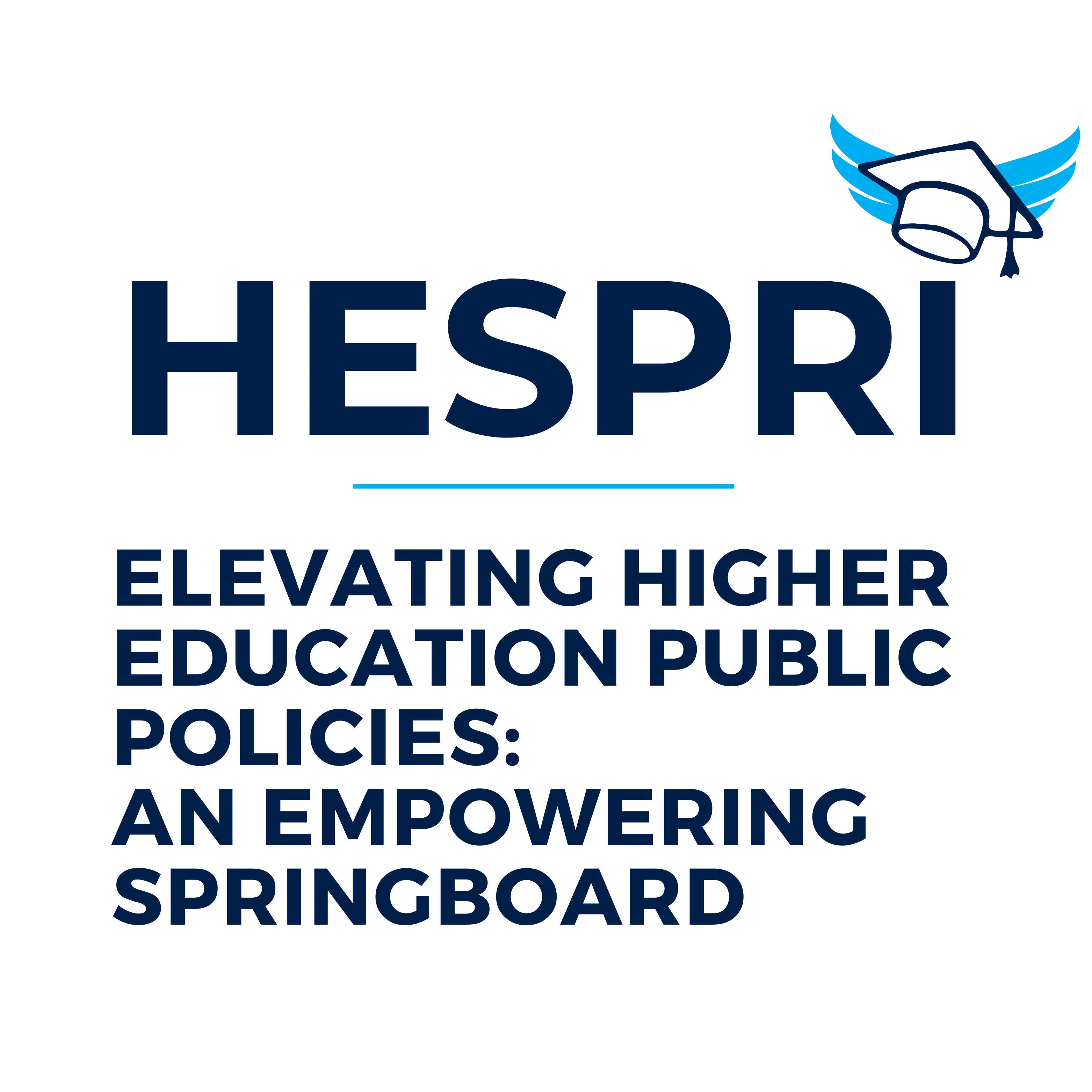
“Careful planning of the secondments in close relation to the research goals and activities iscritical for preparing a feasible application.
HESPRI wants to find innovative strategies to strengthen education policies and help universities respond better to society's needs.
Croatia
“Devote time to networking.”
The FoodMAPP project will enable consumers to find and buy food from local food supplies, reducing waste and supporting sustainable purchases.
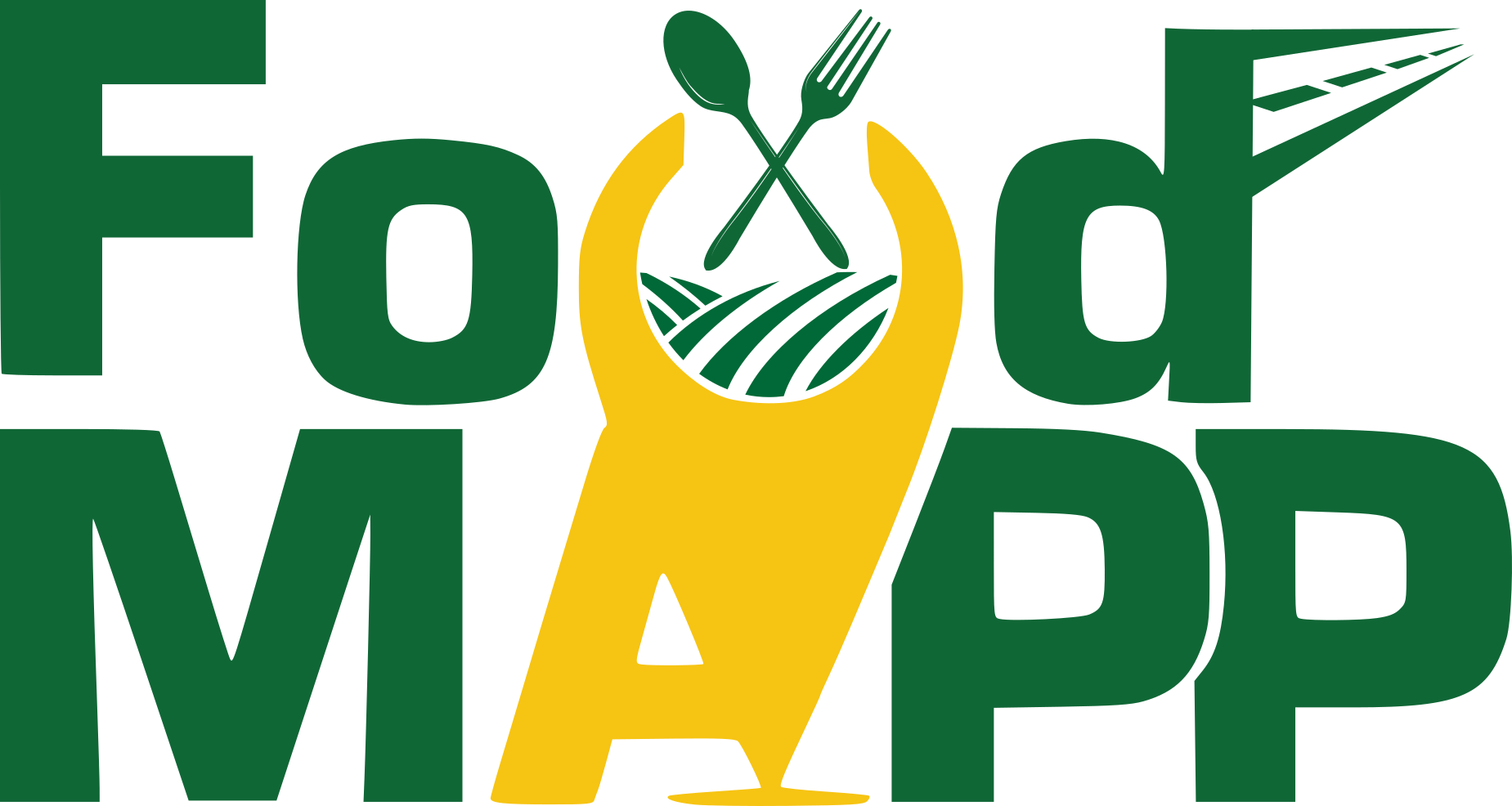
“Devote time to networking.”
The FoodMAPP project will enable consumers to find and buy food from local food supplies, reducing waste and supporting sustainable purchases.

Bulgaria
“Partner with experts and communicate clearly.”
The CHemPGM project is dedicated to exploring the chemistry of Platinum Group Metals (PGMs), crucial for the European Union’s supply chain security.
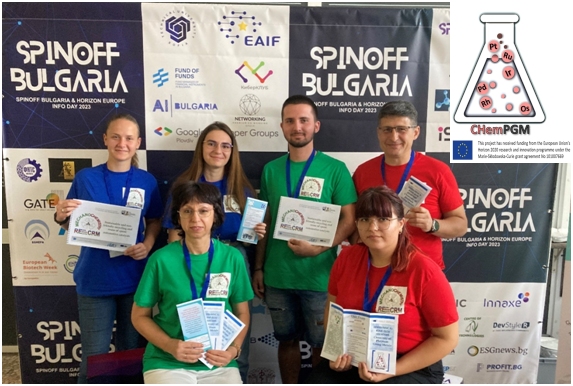
“Partner with experts and communicate clearly.”
The CHemPGM project is dedicated to exploring the chemistry of Platinum Group Metals (PGMs), crucial for the European Union’s supply chain security.

Bulgaria
“Carefully plan in advance the secondments.”
The main objective of the project is to advance our knowledge on crop priming in order to
foster the development of innovative and environmentally friendly tools to protect plants from
abiotic and biotic stresses.
Read the story here
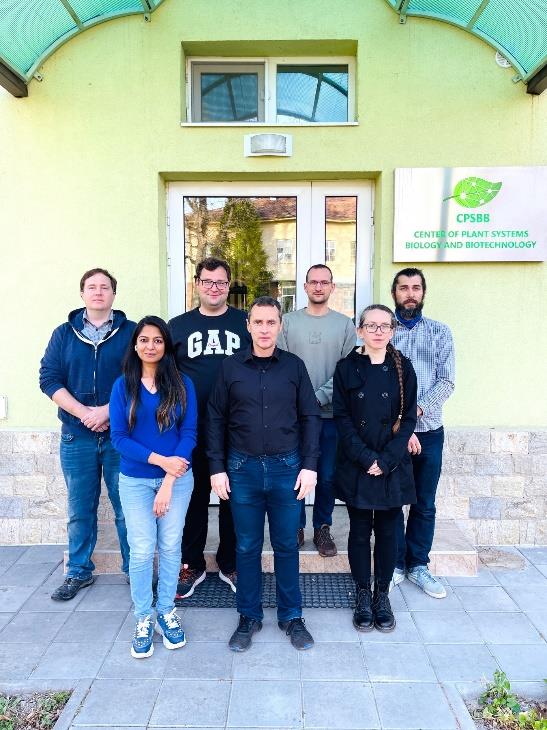
“Carefully plan in advance the secondments.”
The main objective of the project is to advance our knowledge on crop priming in order to
foster the development of innovative and environmentally friendly tools to protect plants from
abiotic and biotic stresses.
Read the story here

Serbia
“You need a serious, dedicated and focused
approach to developing your project proposal.”
The aim of the GaitREHub project is to develop an interactive tool for at-home rehabilitation
with real-time telemonitoring from the clinic. It will enable at-home gait training for
neurologically injured patients and any other patients in need of gait rehabilitation.
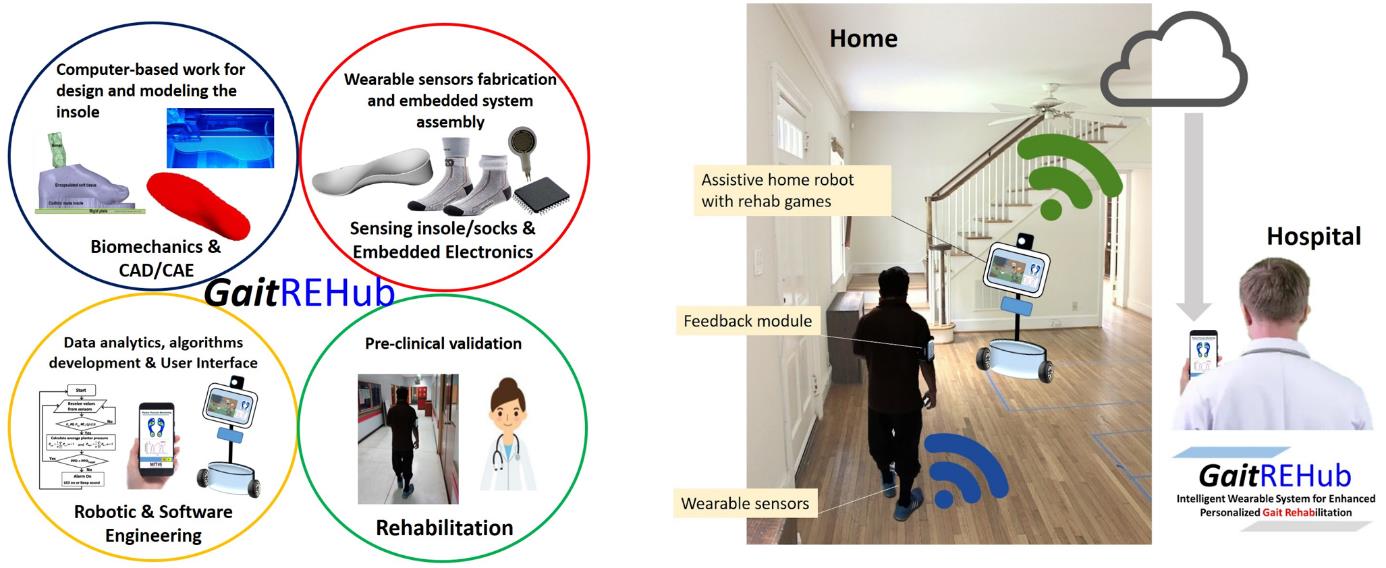
“You need a serious, dedicated and focused
approach to developing your project proposal.”
The aim of the GaitREHub project is to develop an interactive tool for at-home rehabilitation
with real-time telemonitoring from the clinic. It will enable at-home gait training for
neurologically injured patients and any other patients in need of gait rehabilitation.

Malta
“You need a great project and great researchers,
but this is not all!”
PsyCoMed project aims to examine the role of anthropogenic pollutants, including
microplastics and agriculture pesticides, in the Mediterranean area as a risk factor for
neuropsychiatric disorders and associated pathologies.

“You need a great project and great researchers,
but this is not all!”
PsyCoMed project aims to examine the role of anthropogenic pollutants, including
microplastics and agriculture pesticides, in the Mediterranean area as a risk factor for
neuropsychiatric disorders and associated pathologies.

Czechia
“Create a balanced consortium, ideally based on
previous collaborations.”
The CONQUES project aims to carry out the first interdisciplinary and integrative study of Conques – a unique site of cultural heritage in Southern France.
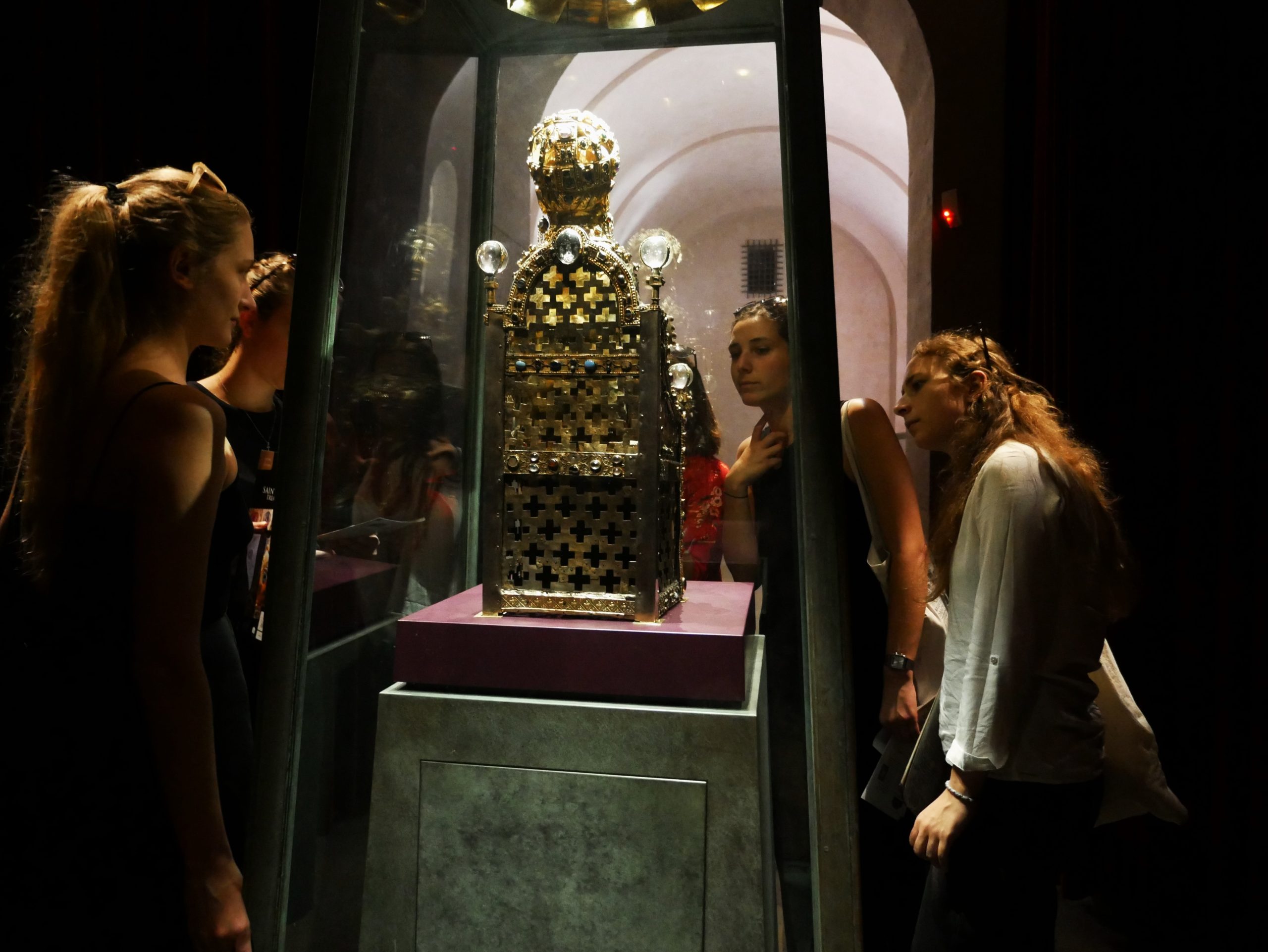
“Create a balanced consortium, ideally based on
previous collaborations.”
The CONQUES project aims to carry out the first interdisciplinary and integrative study of Conques – a unique site of cultural heritage in Southern France.

“Carefully study the rules of the programme to
ensure that all secondments can be implemented.”
PHENOMENO aims to develop comprehensive technological solutions for producing high-
quality physical breast phantoms derived from novel computational anthropomorphic breast
phantoms and novel 3D prototyping techniques.
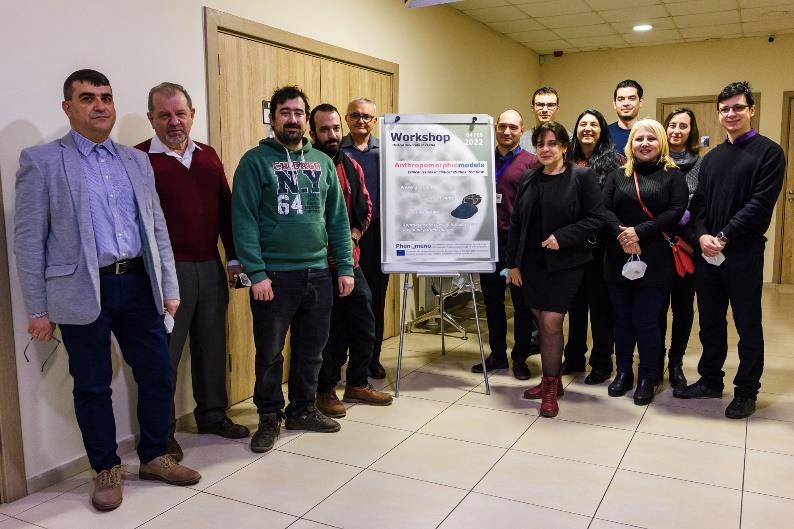


 New Policy Brief on Artificial Intelligence!
New Policy Brief on Artificial Intelligence!